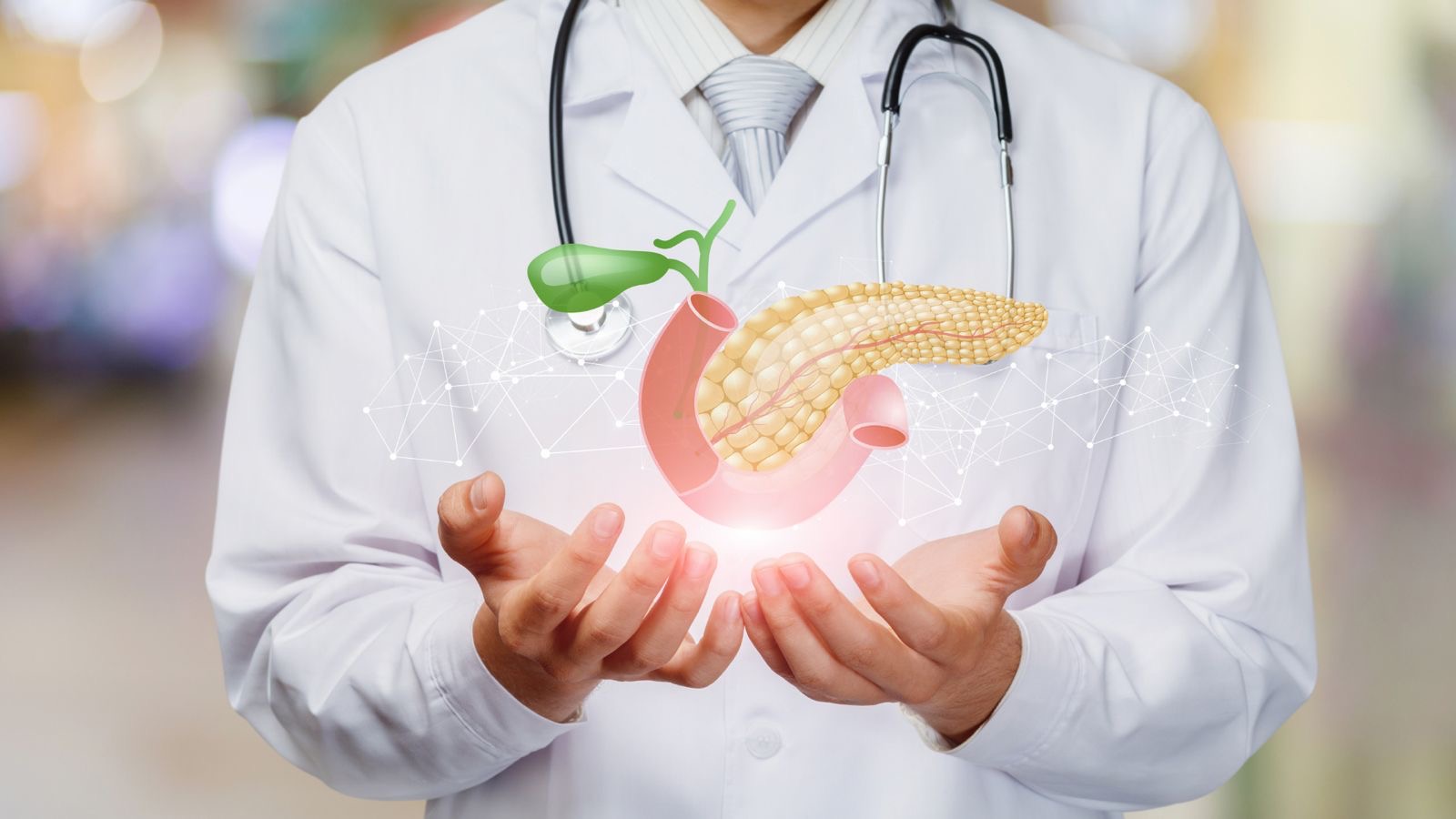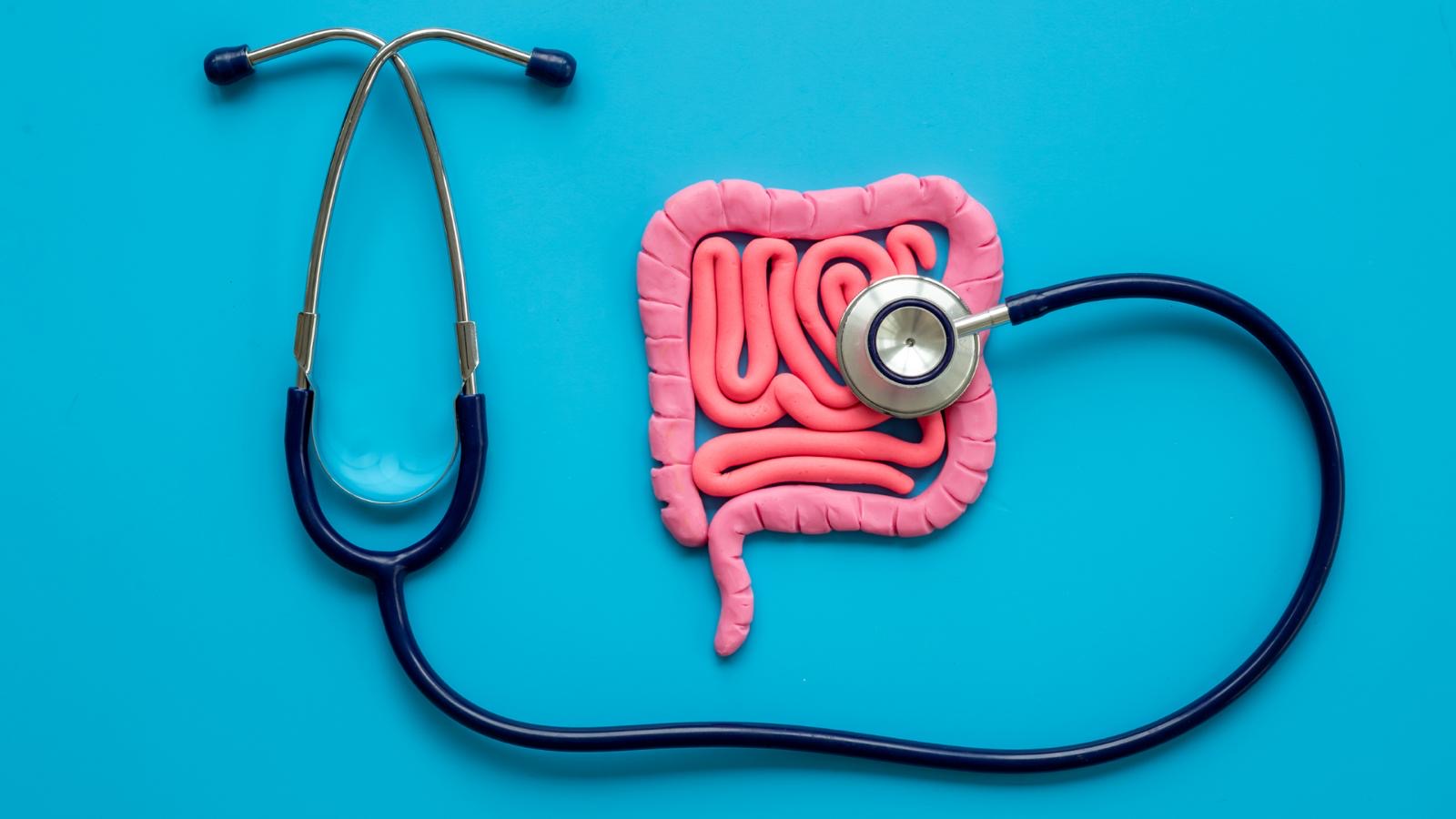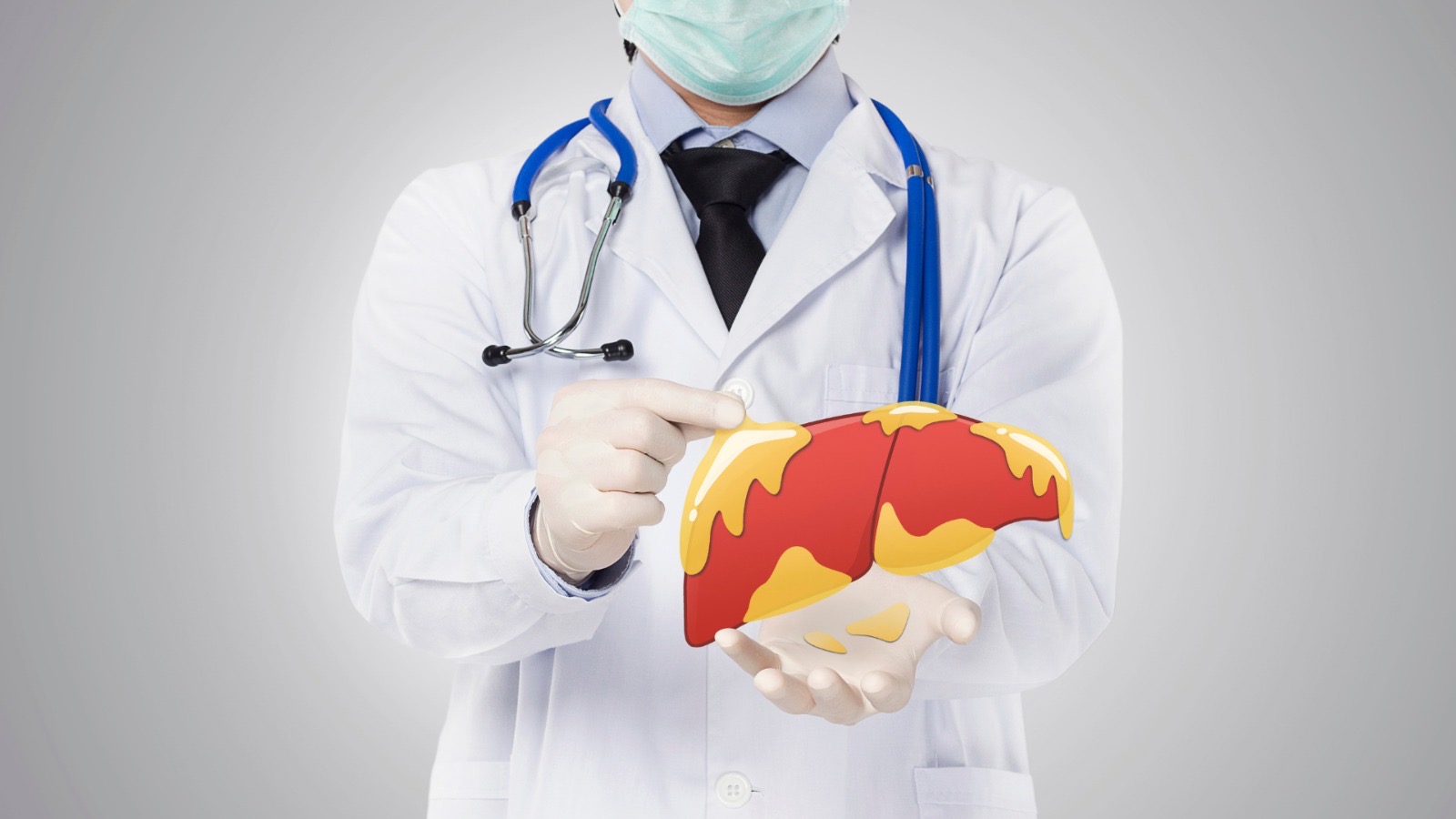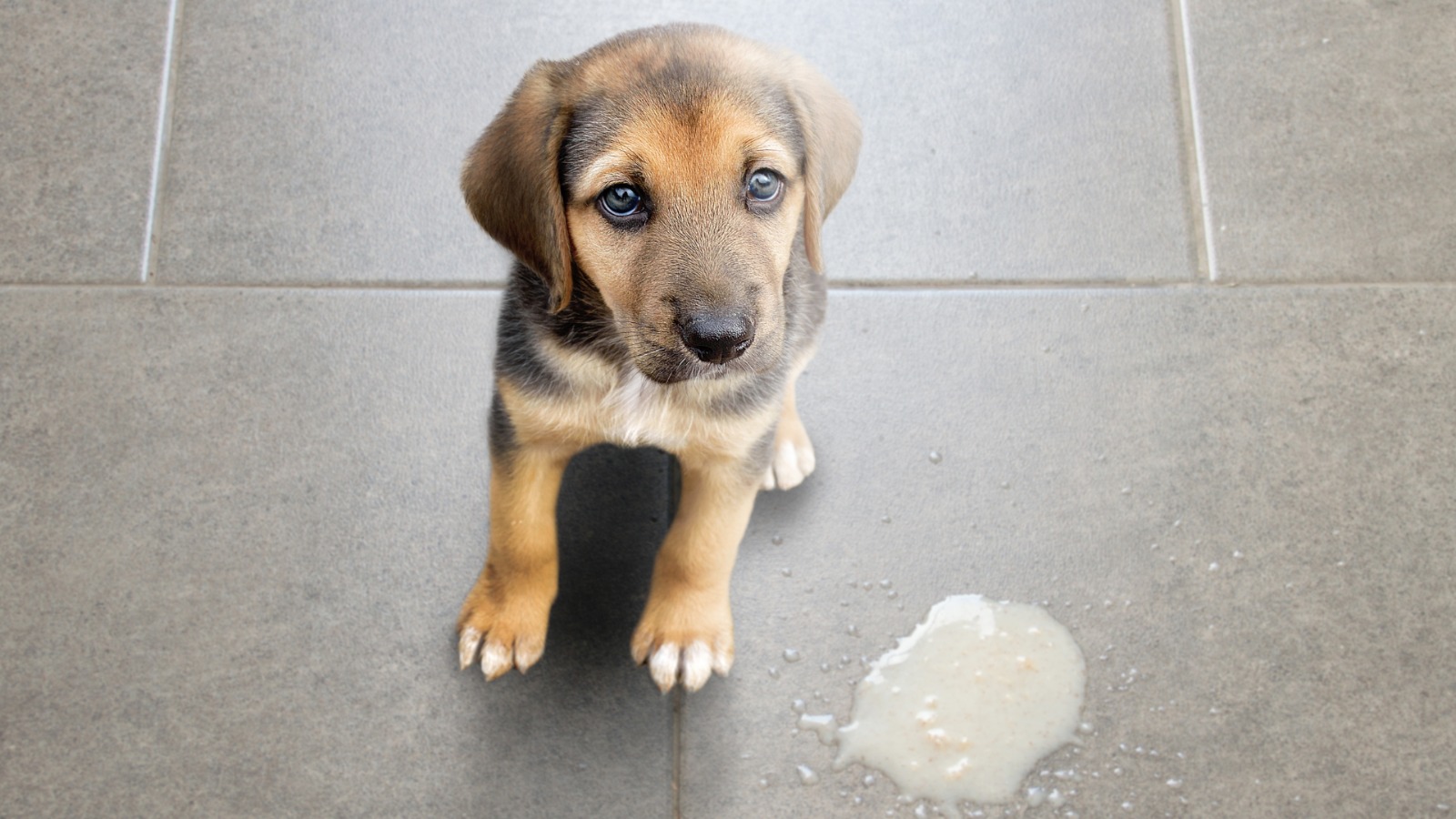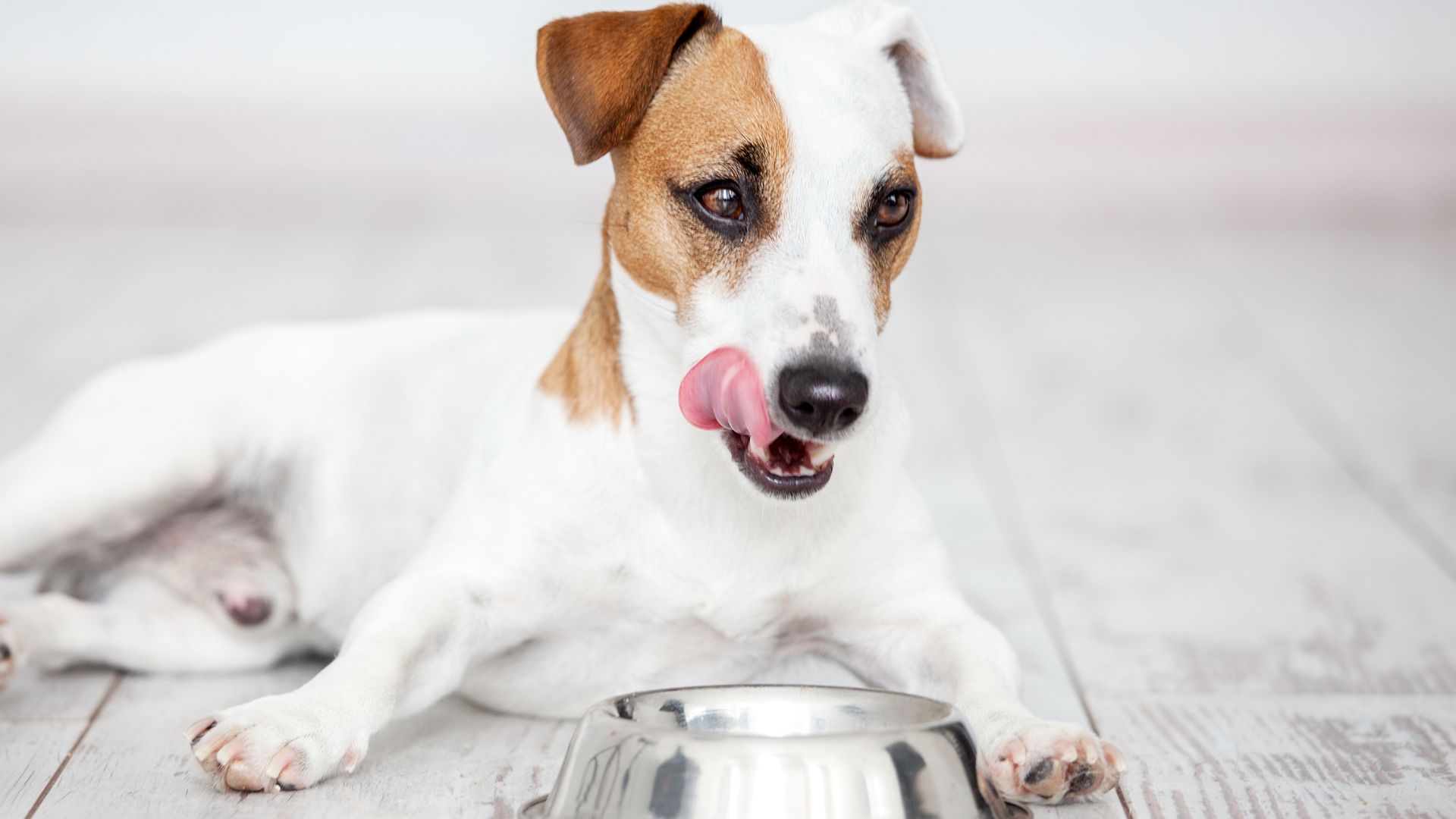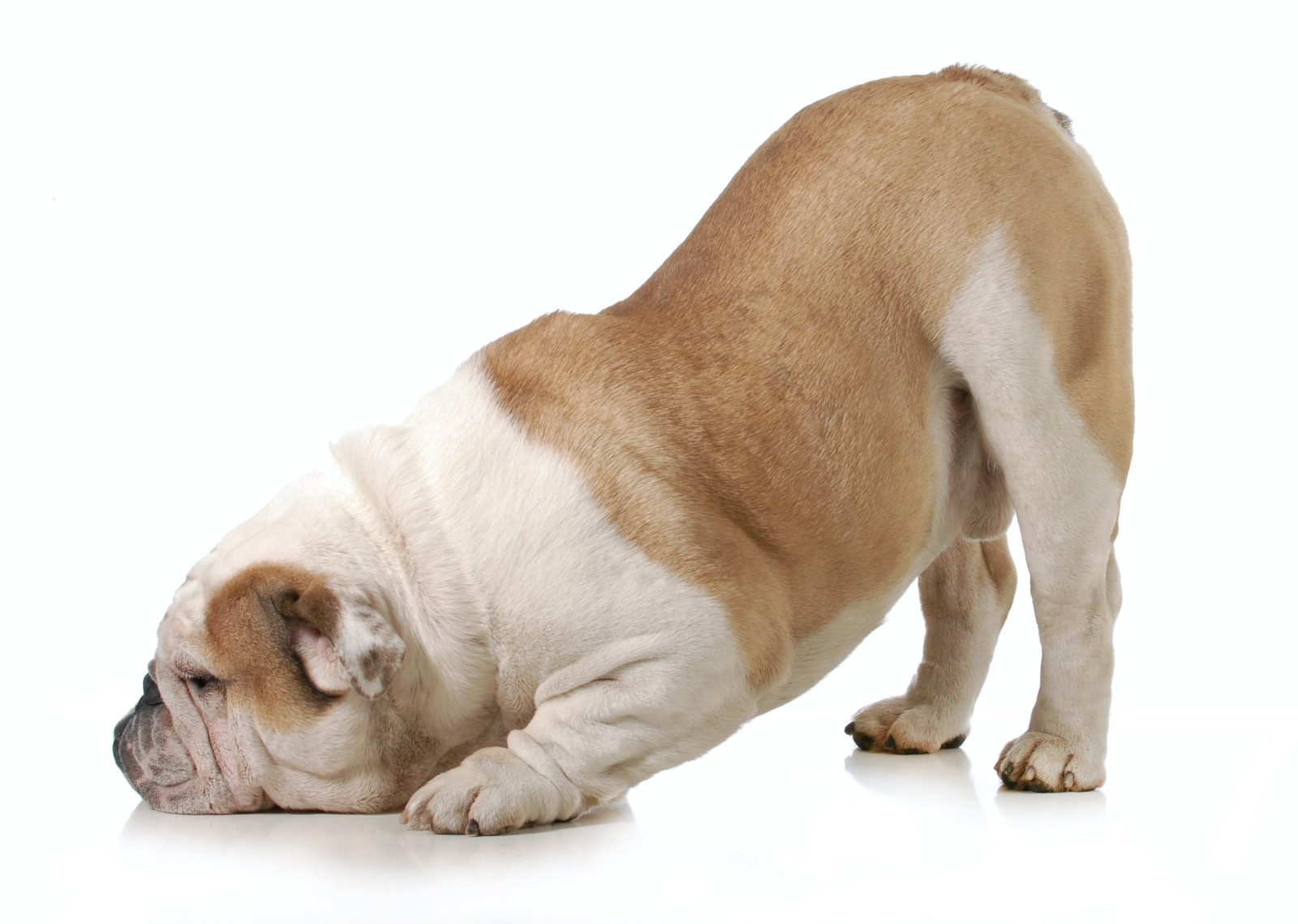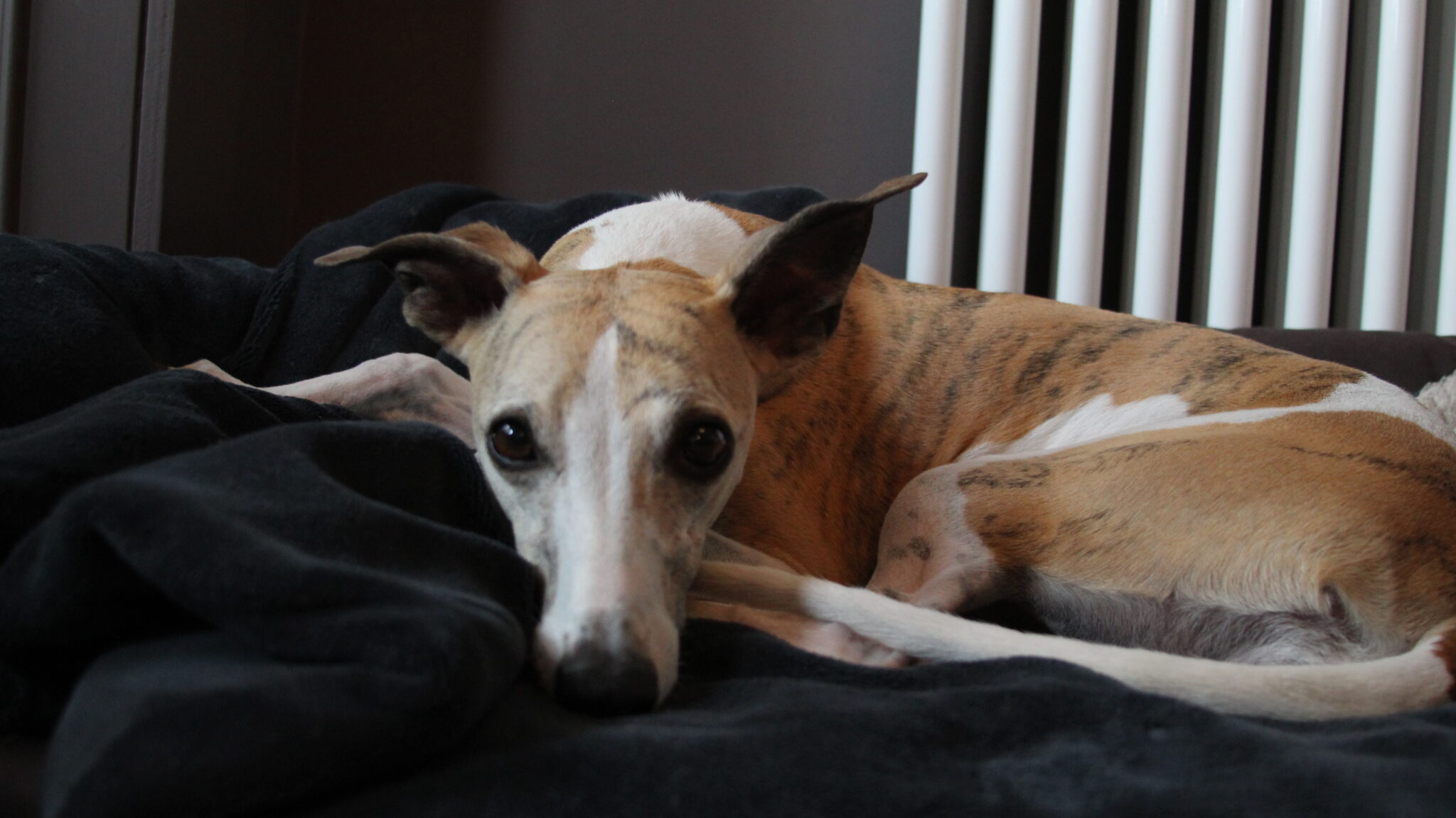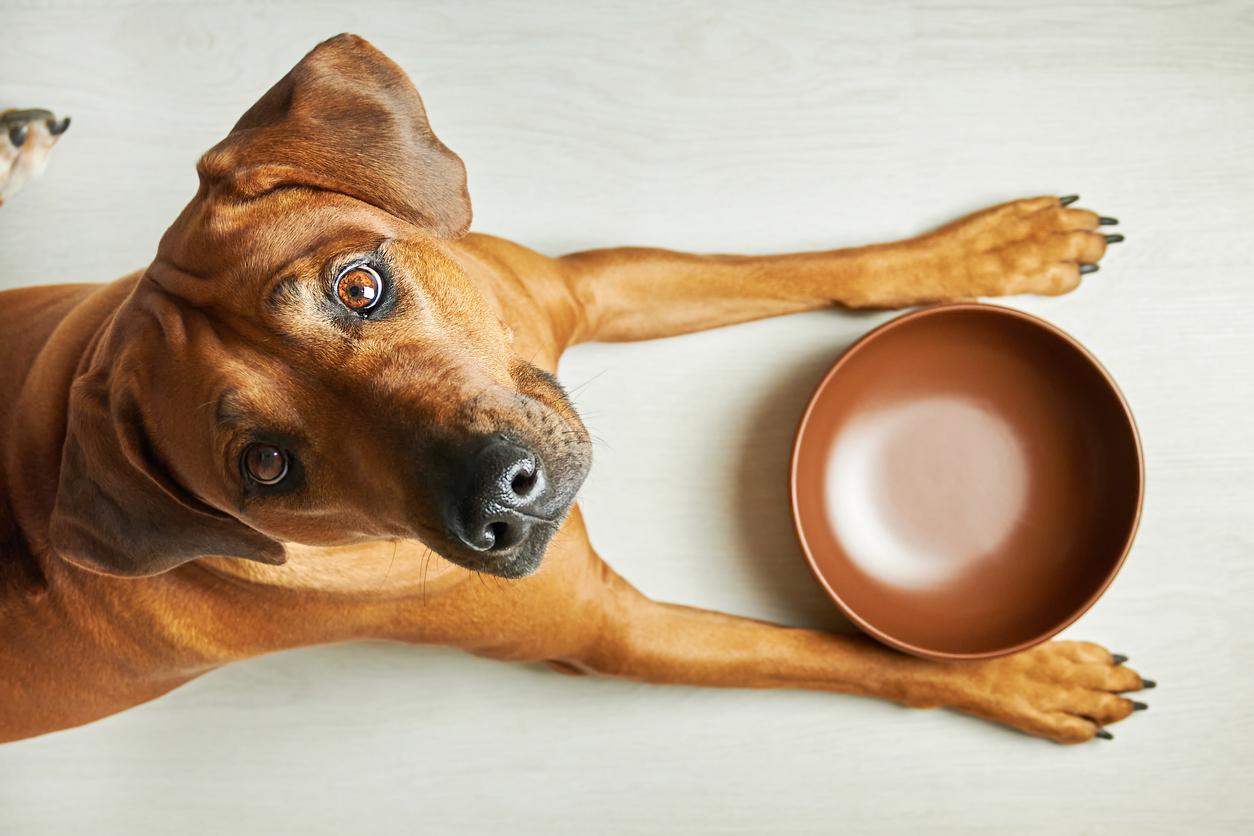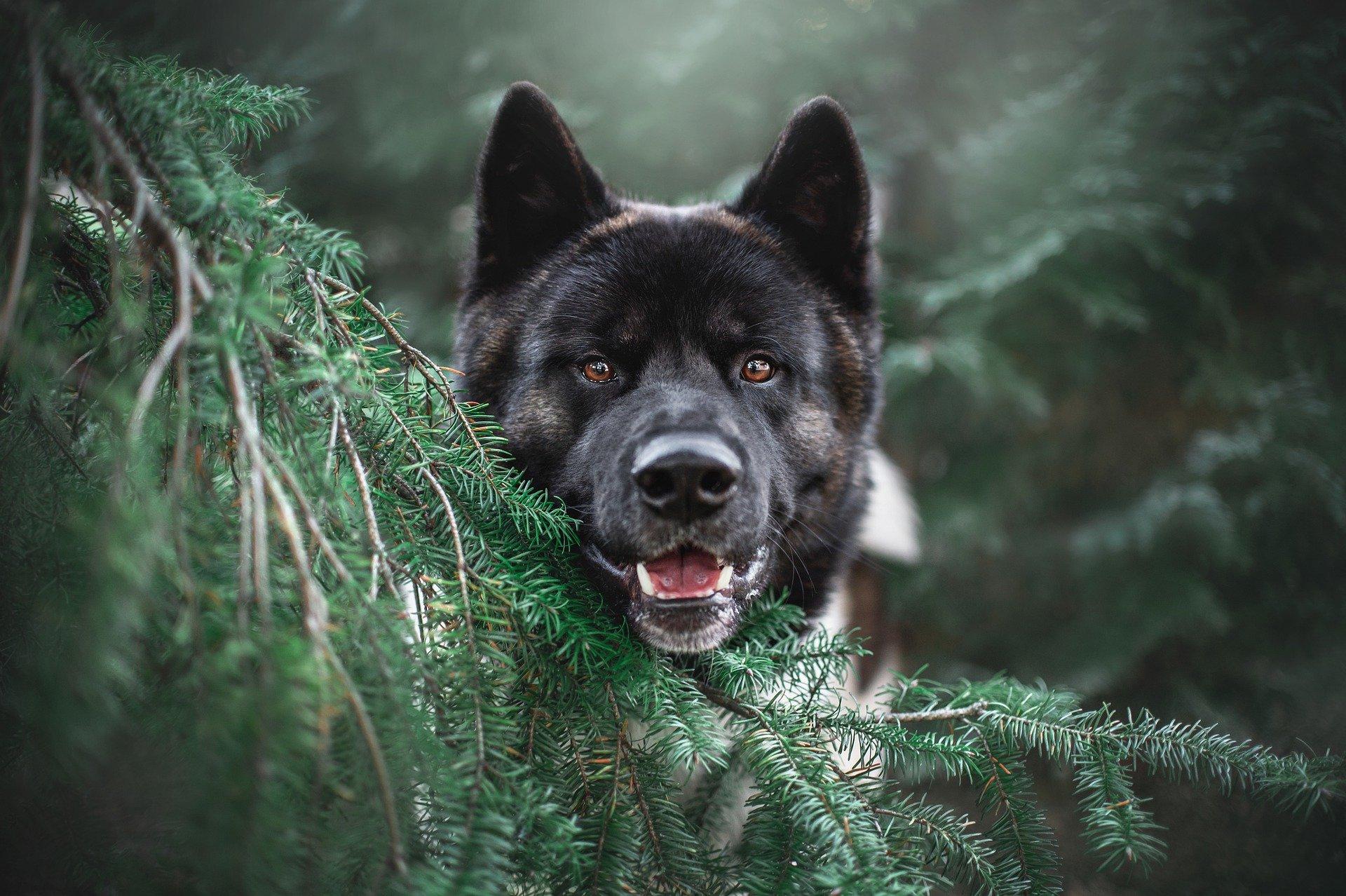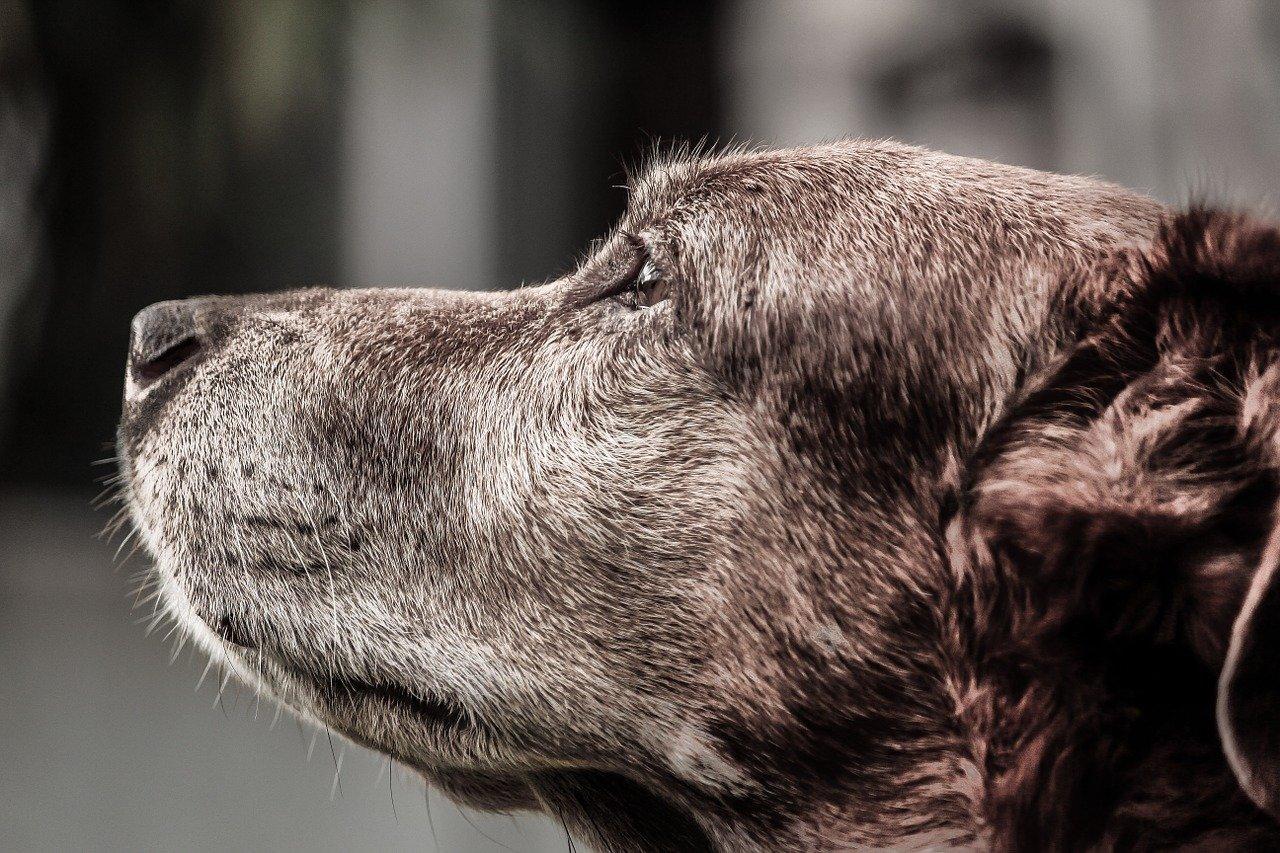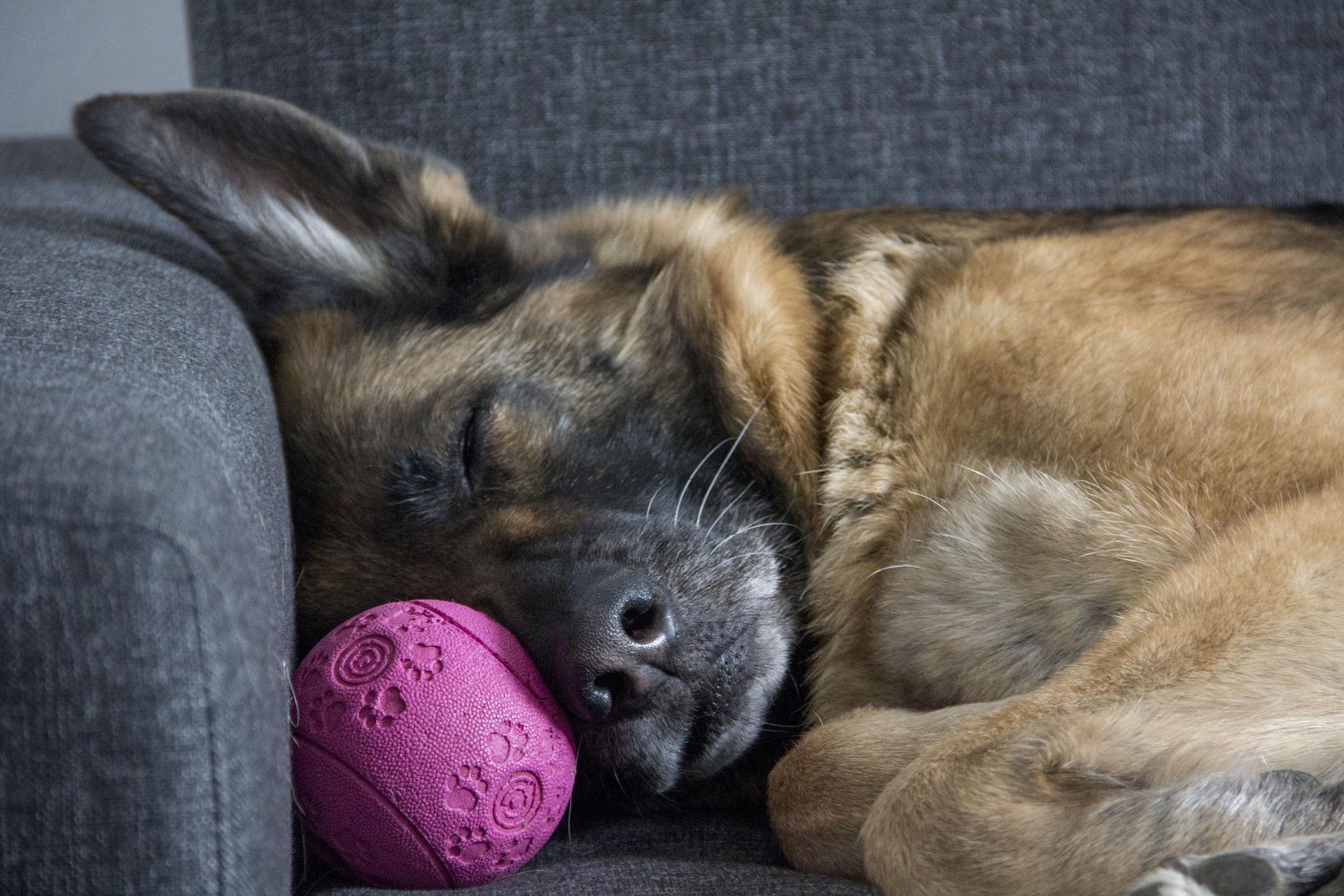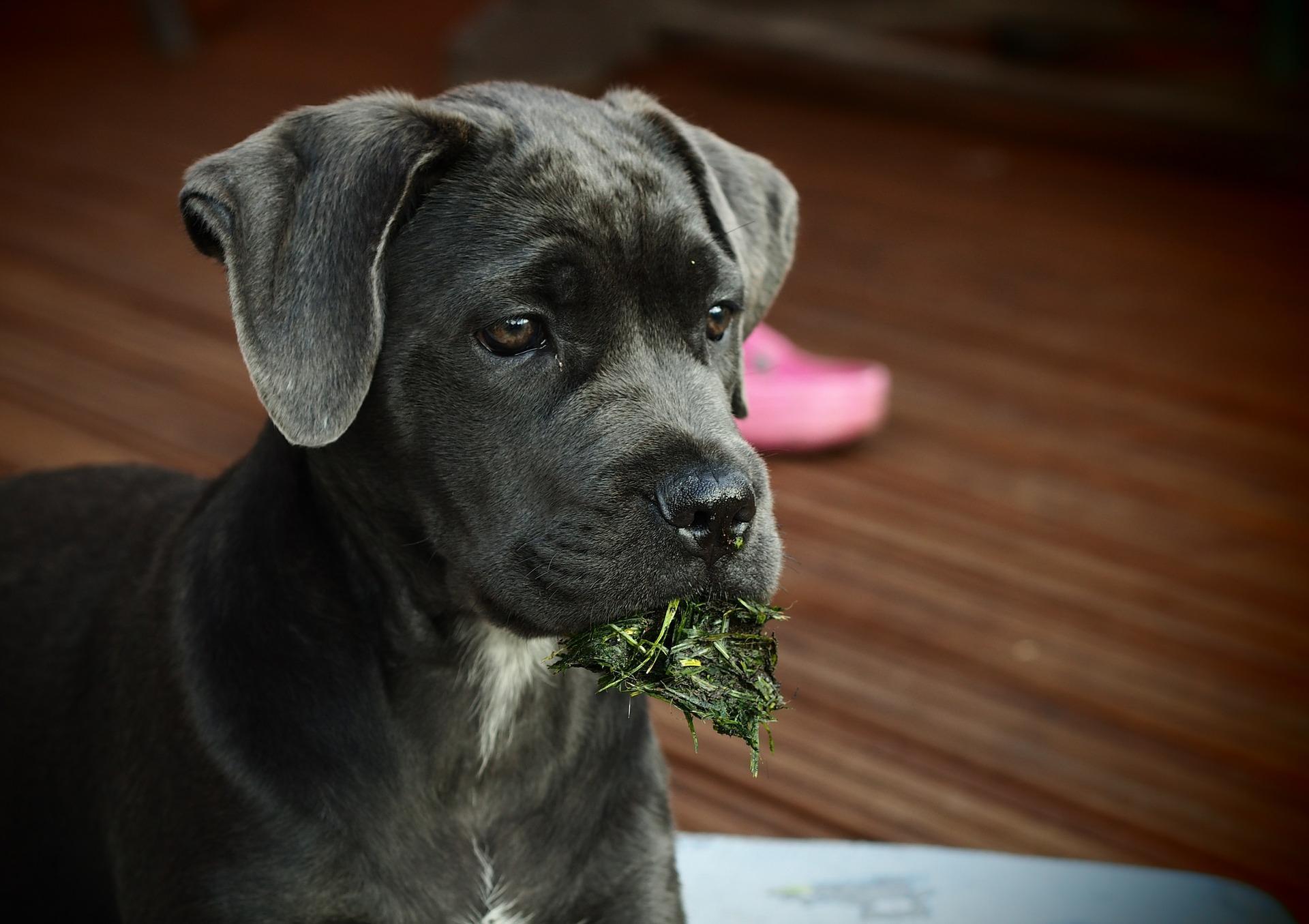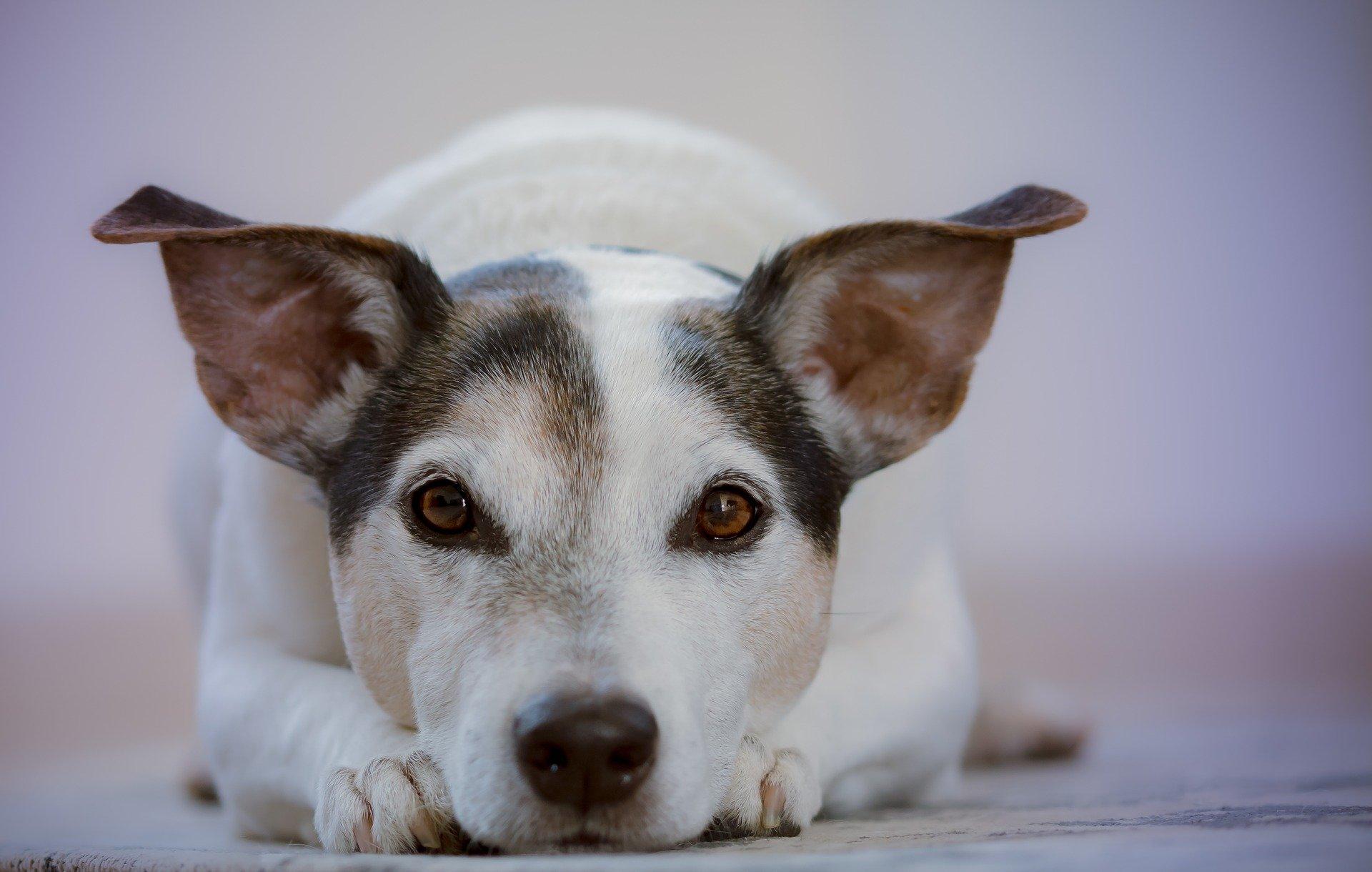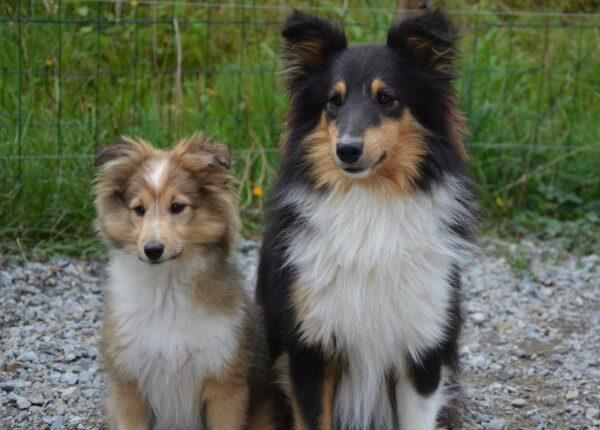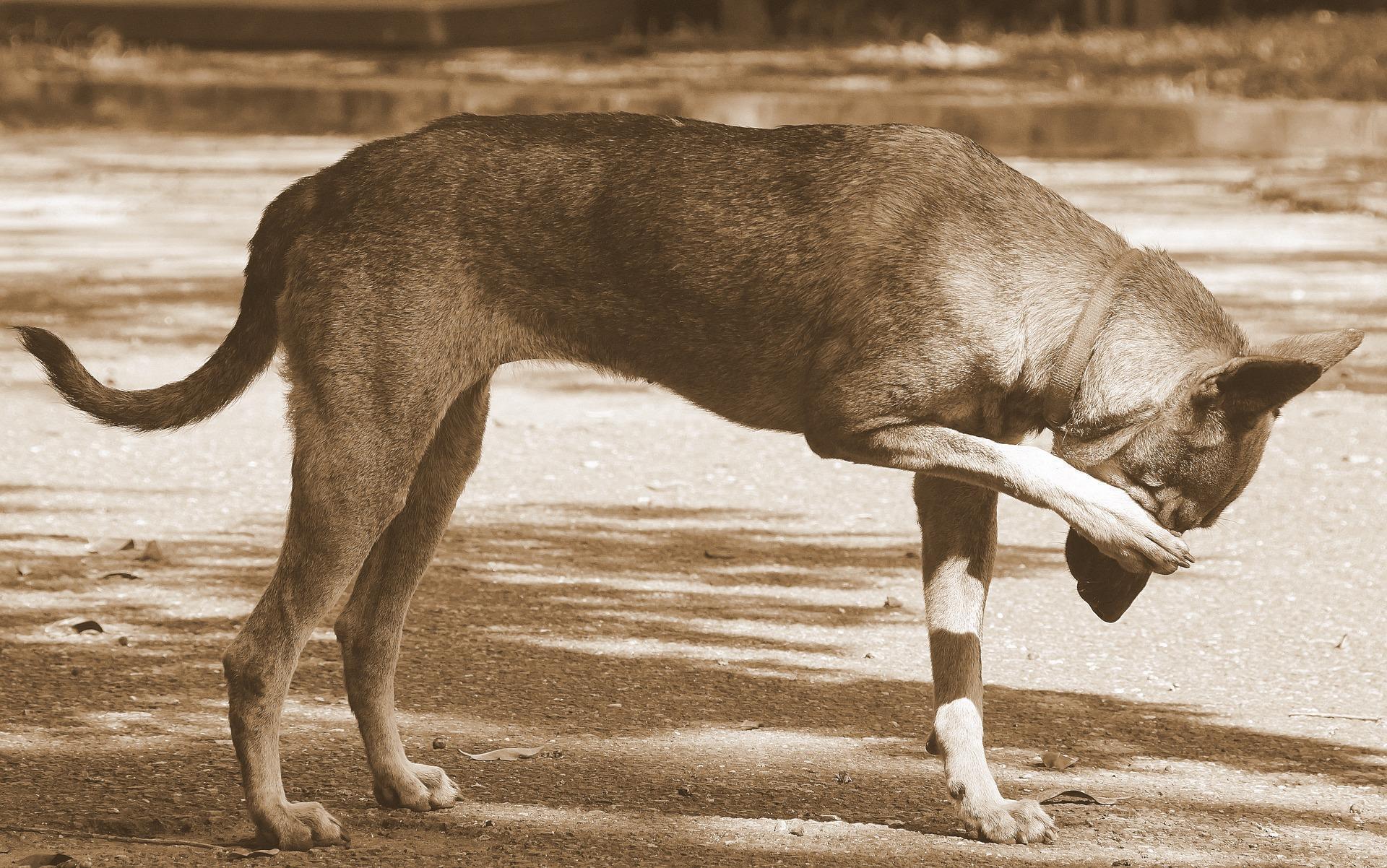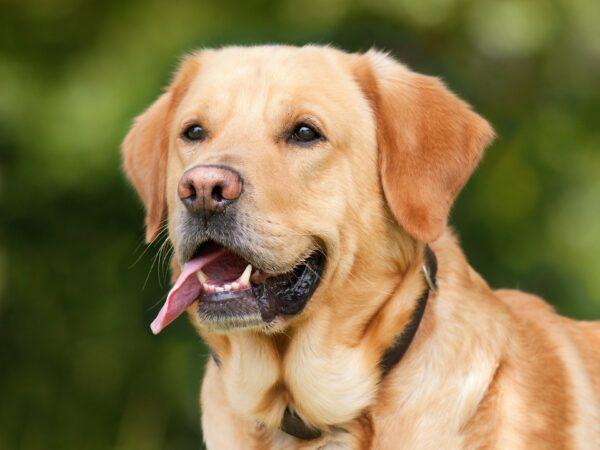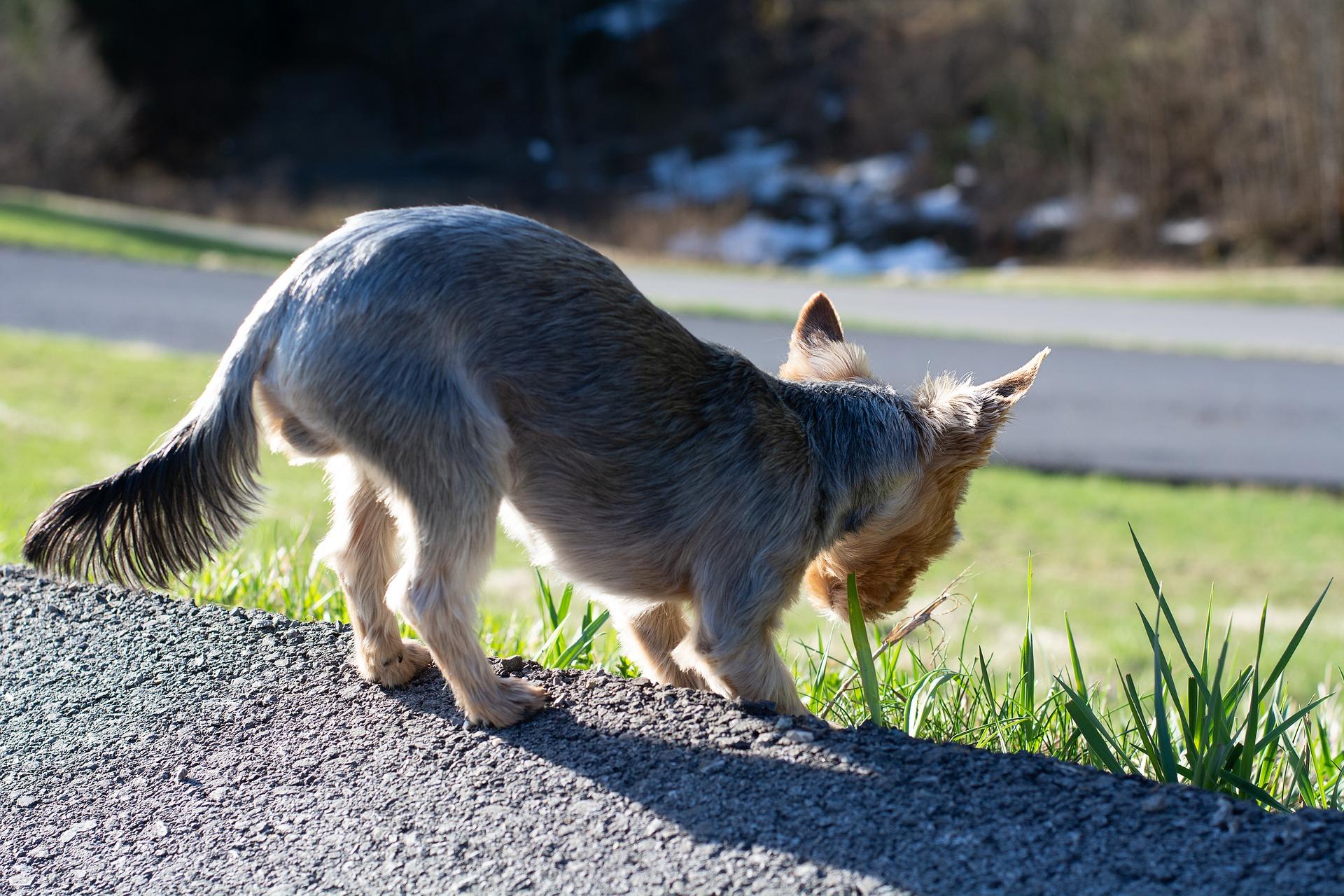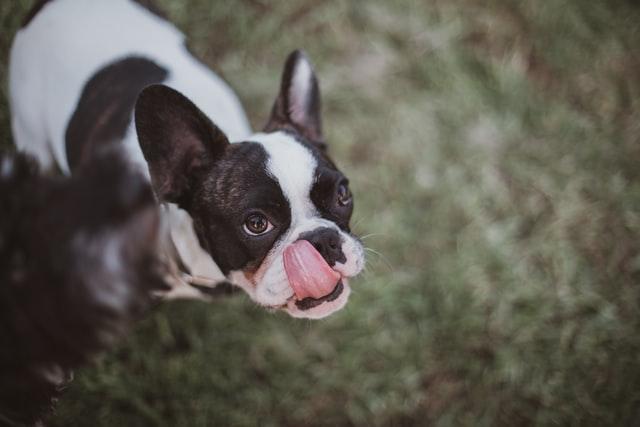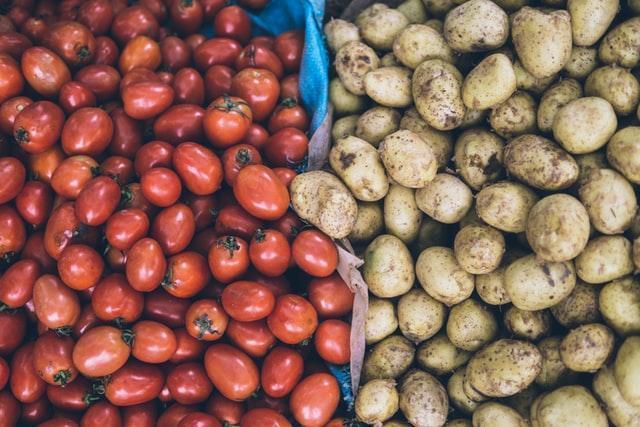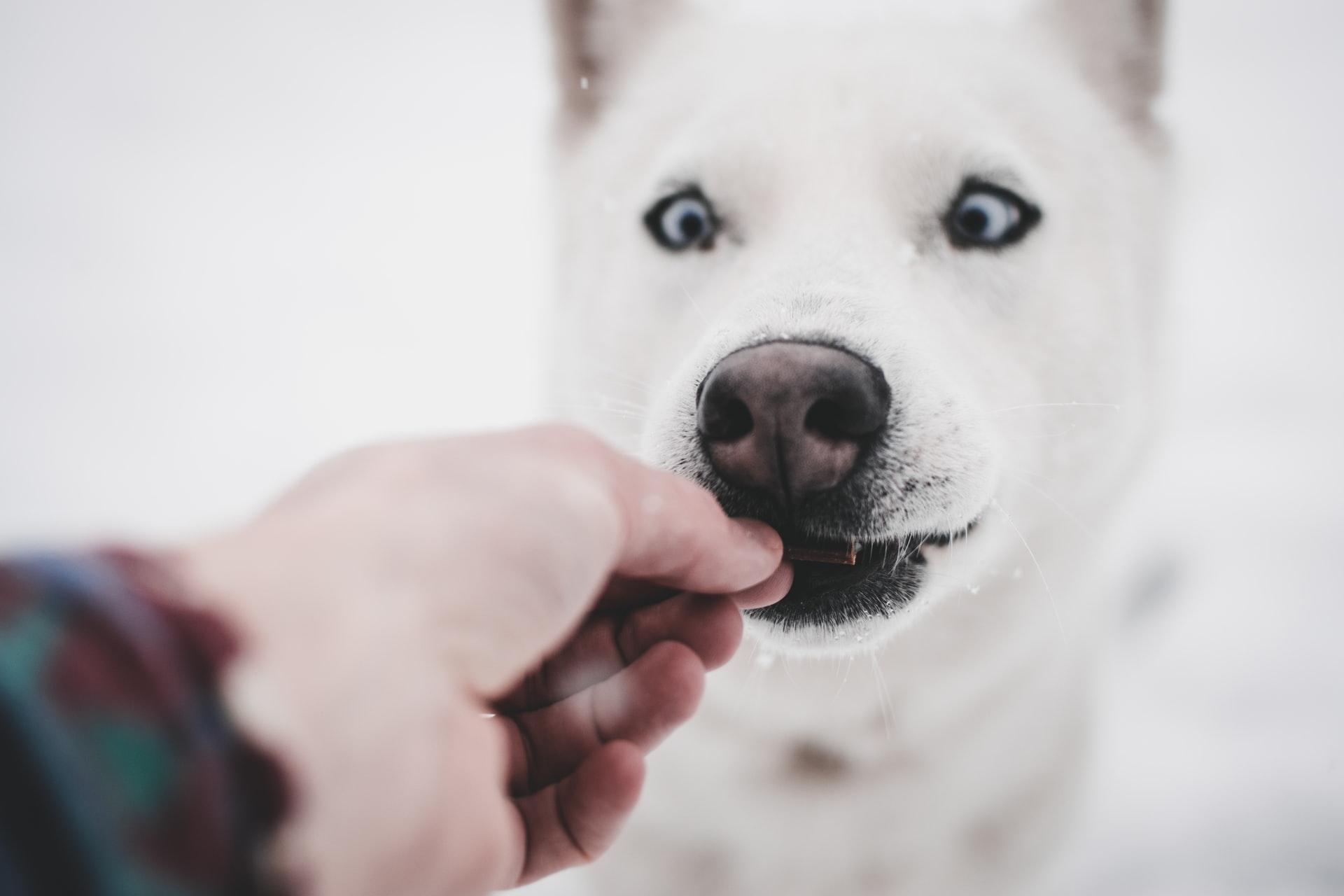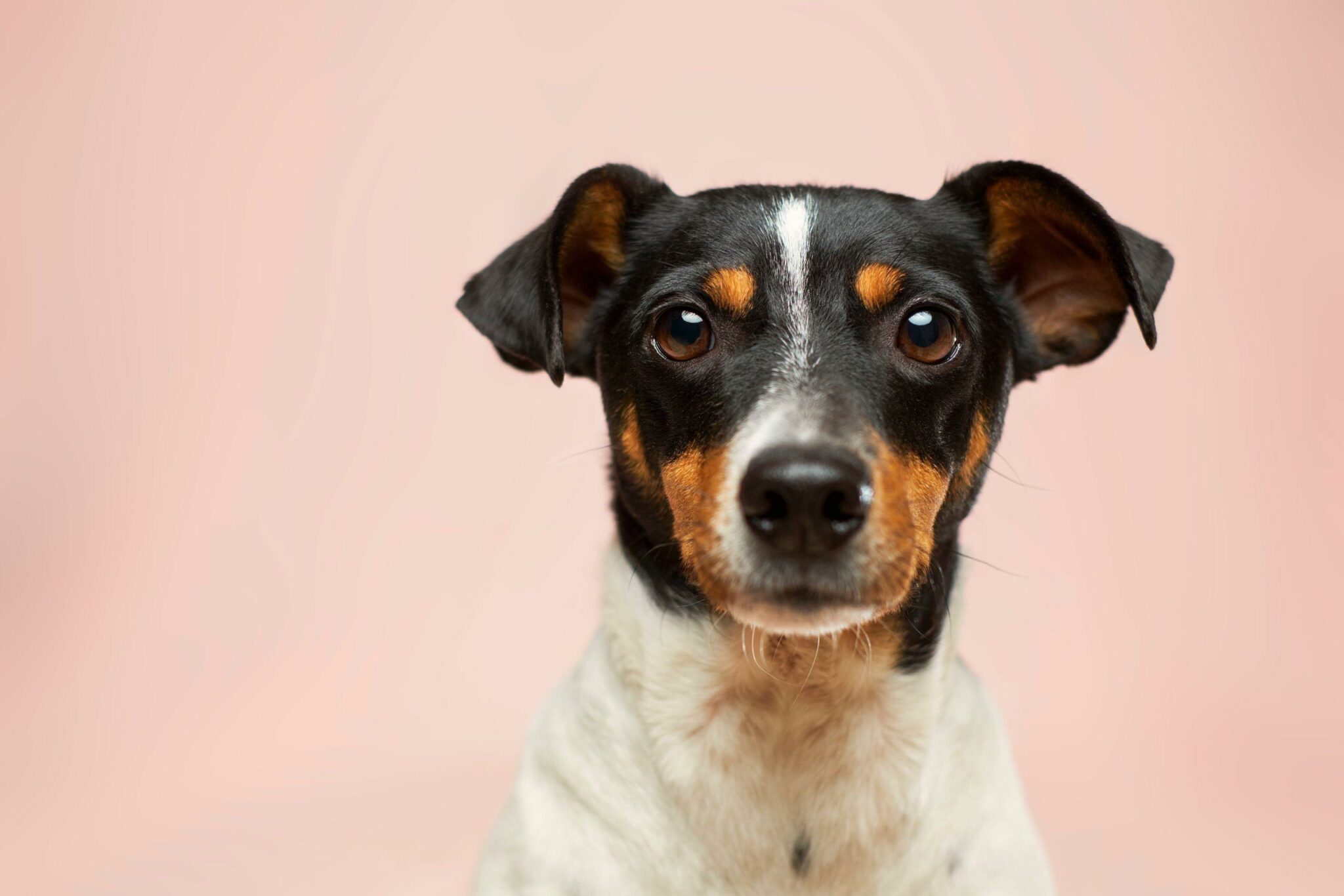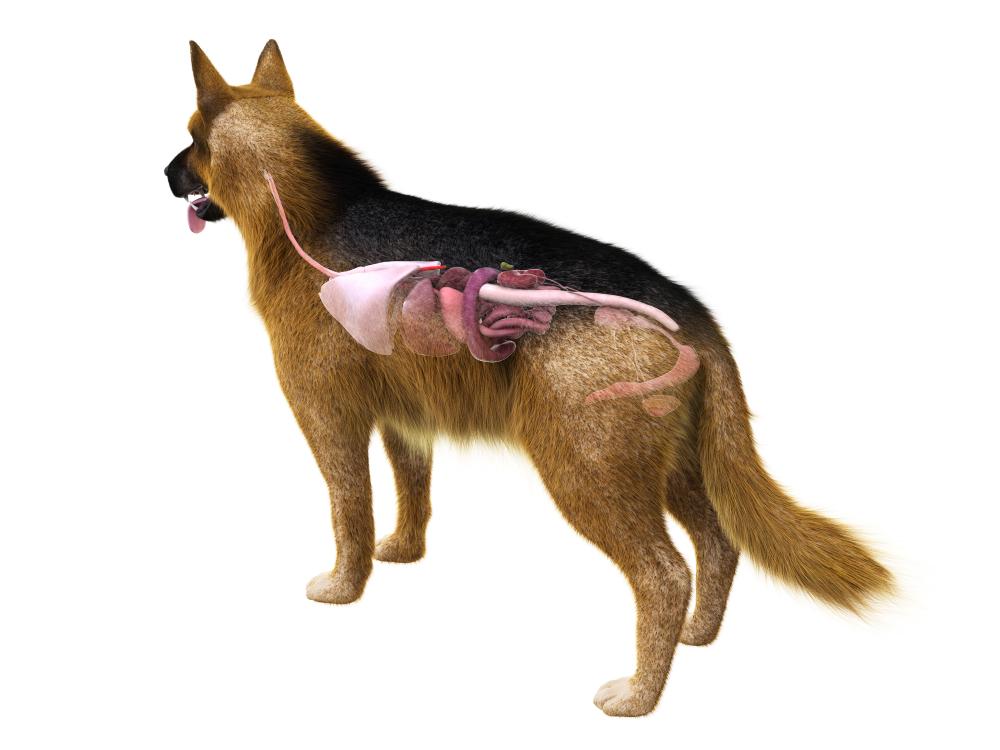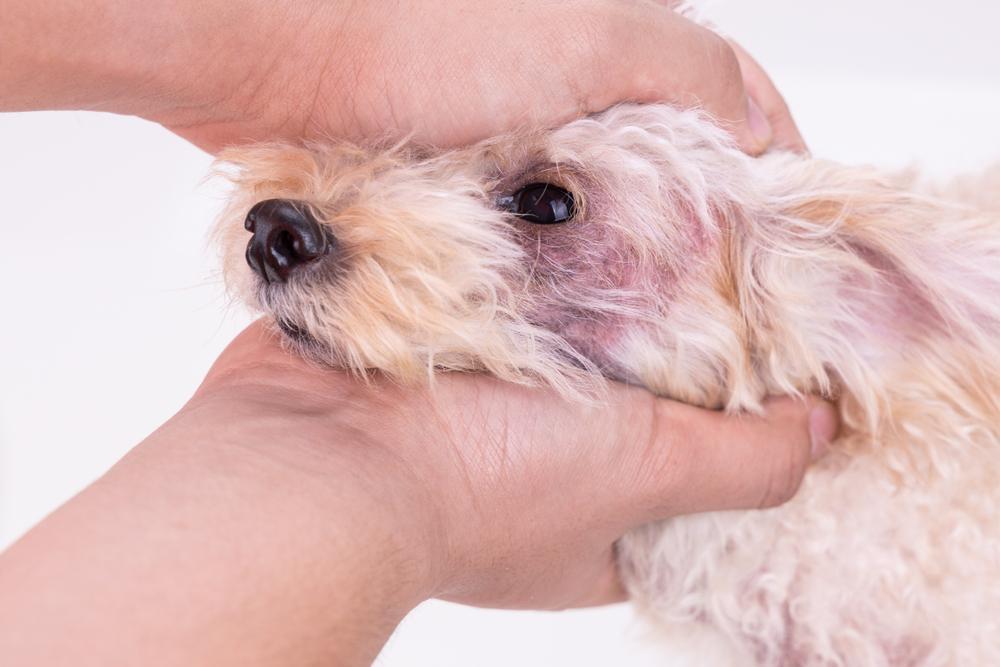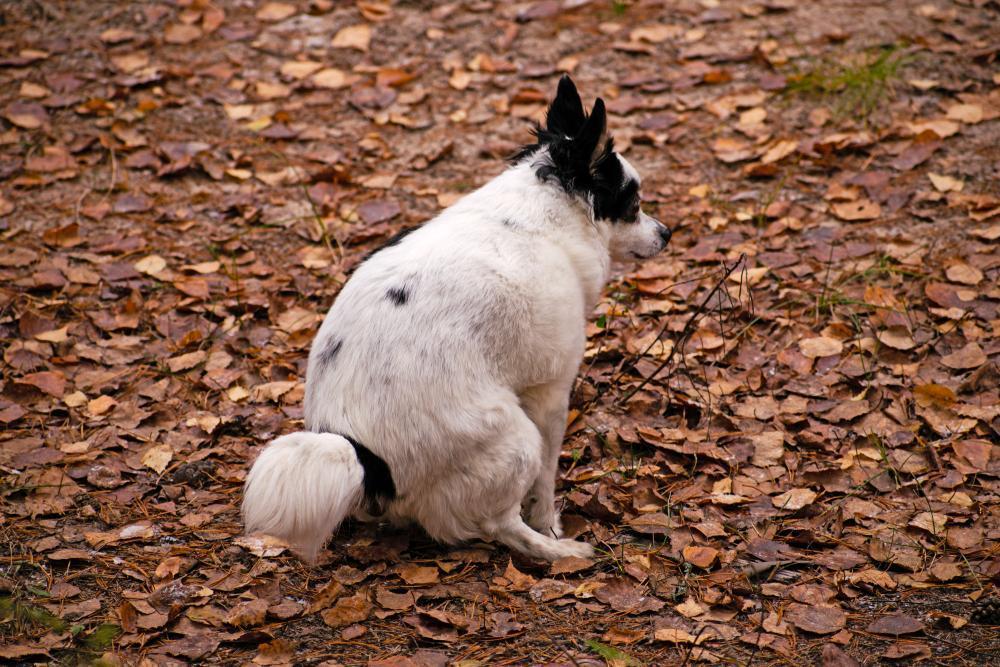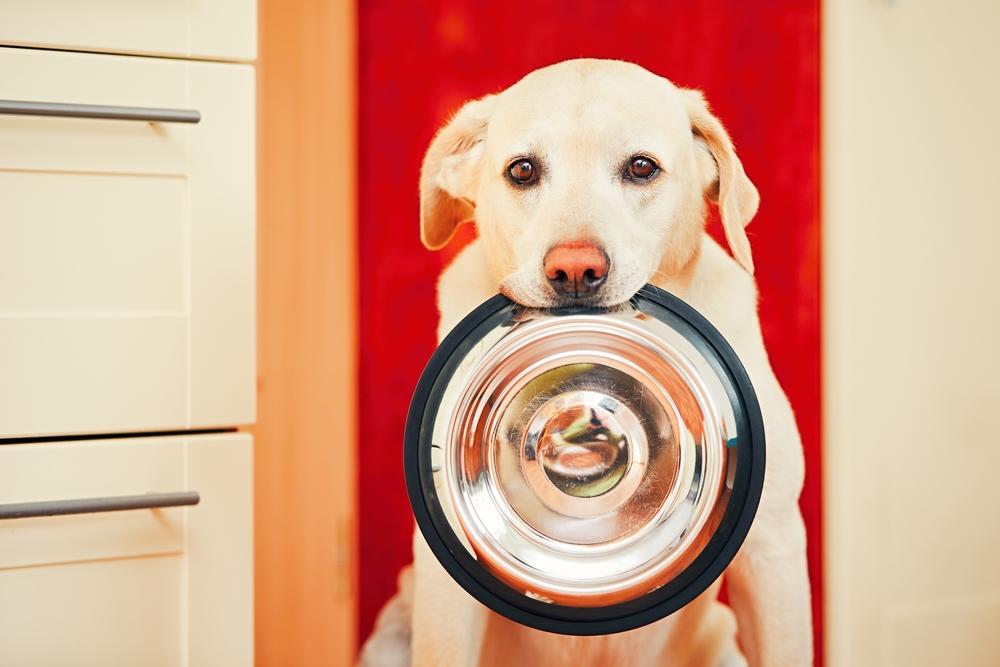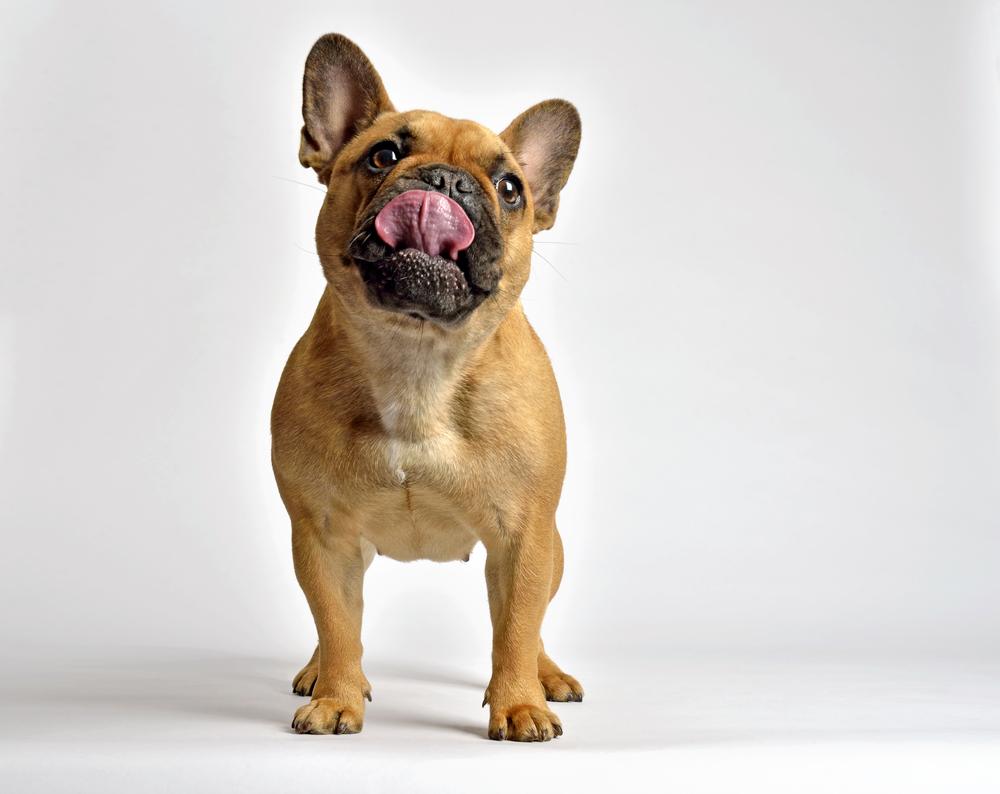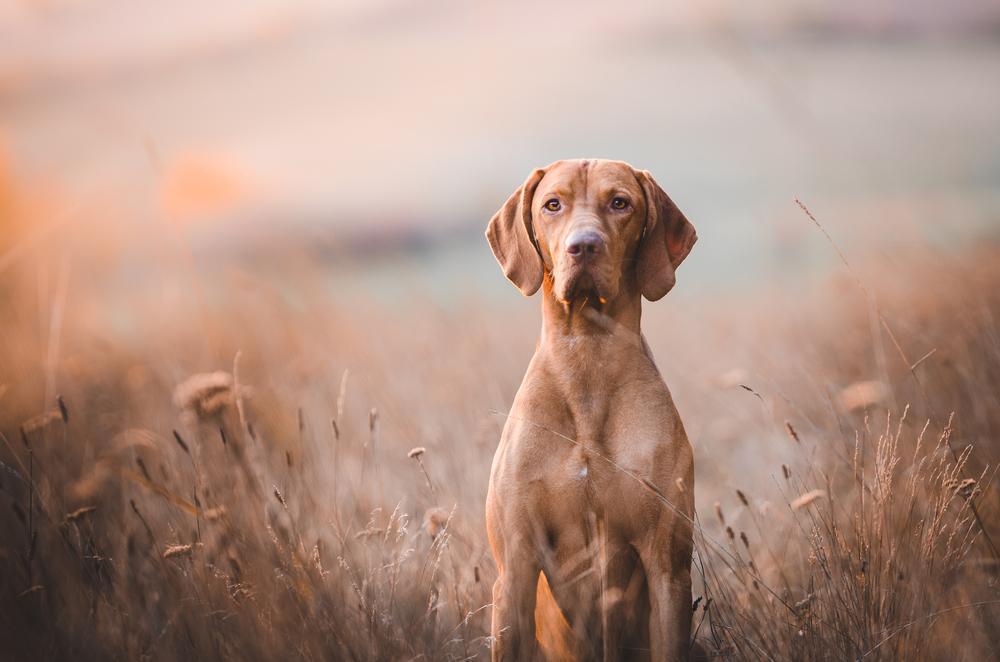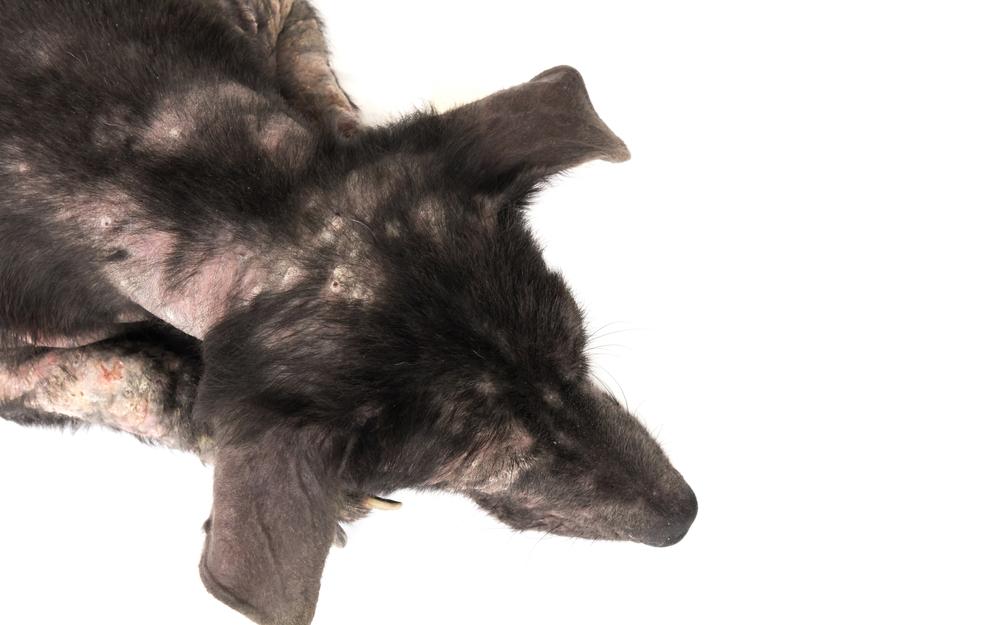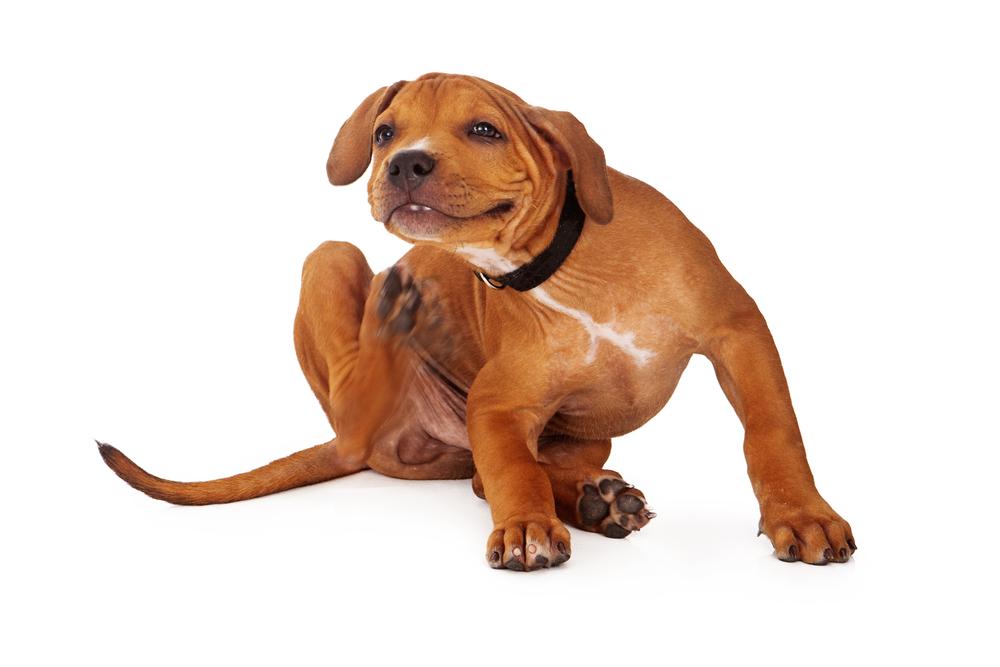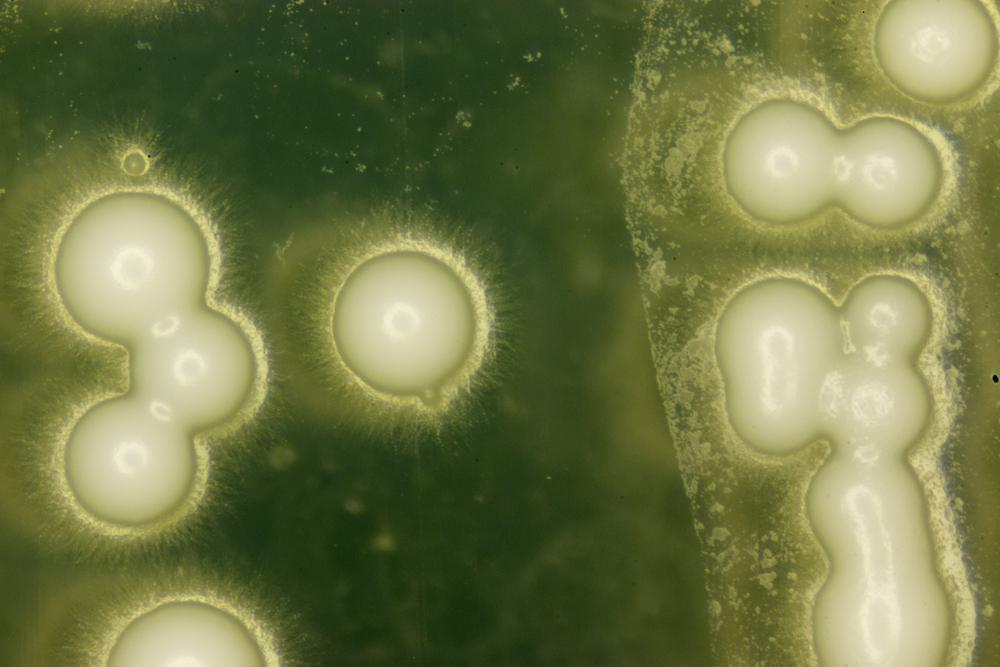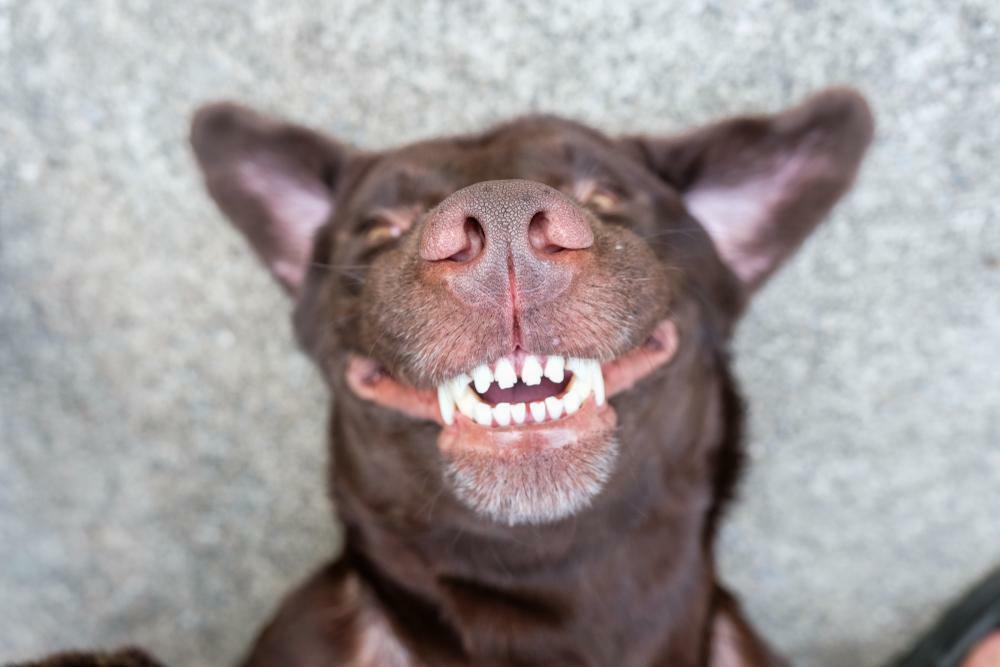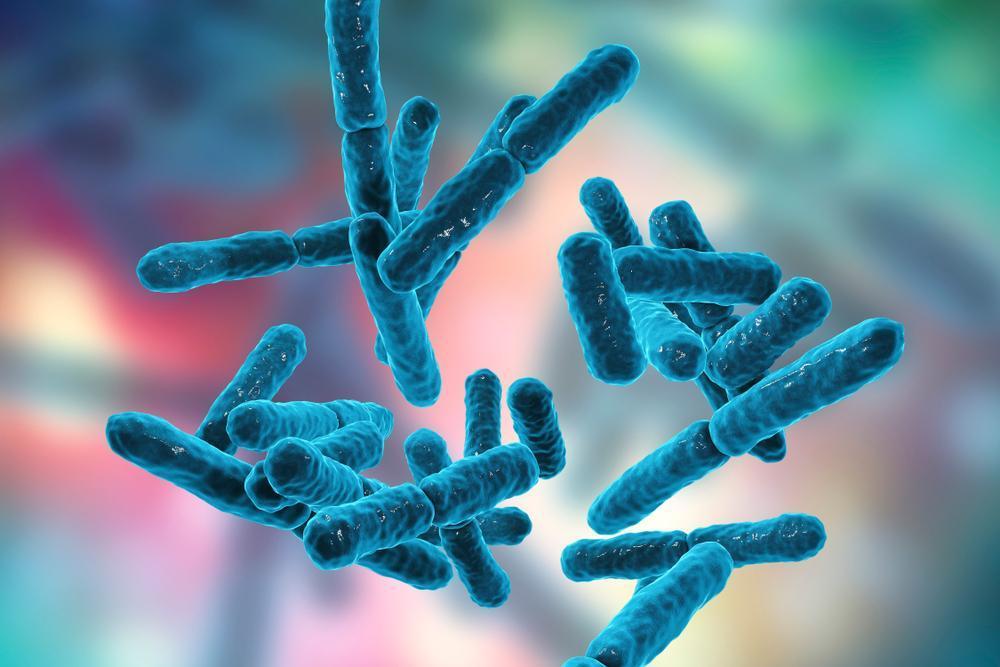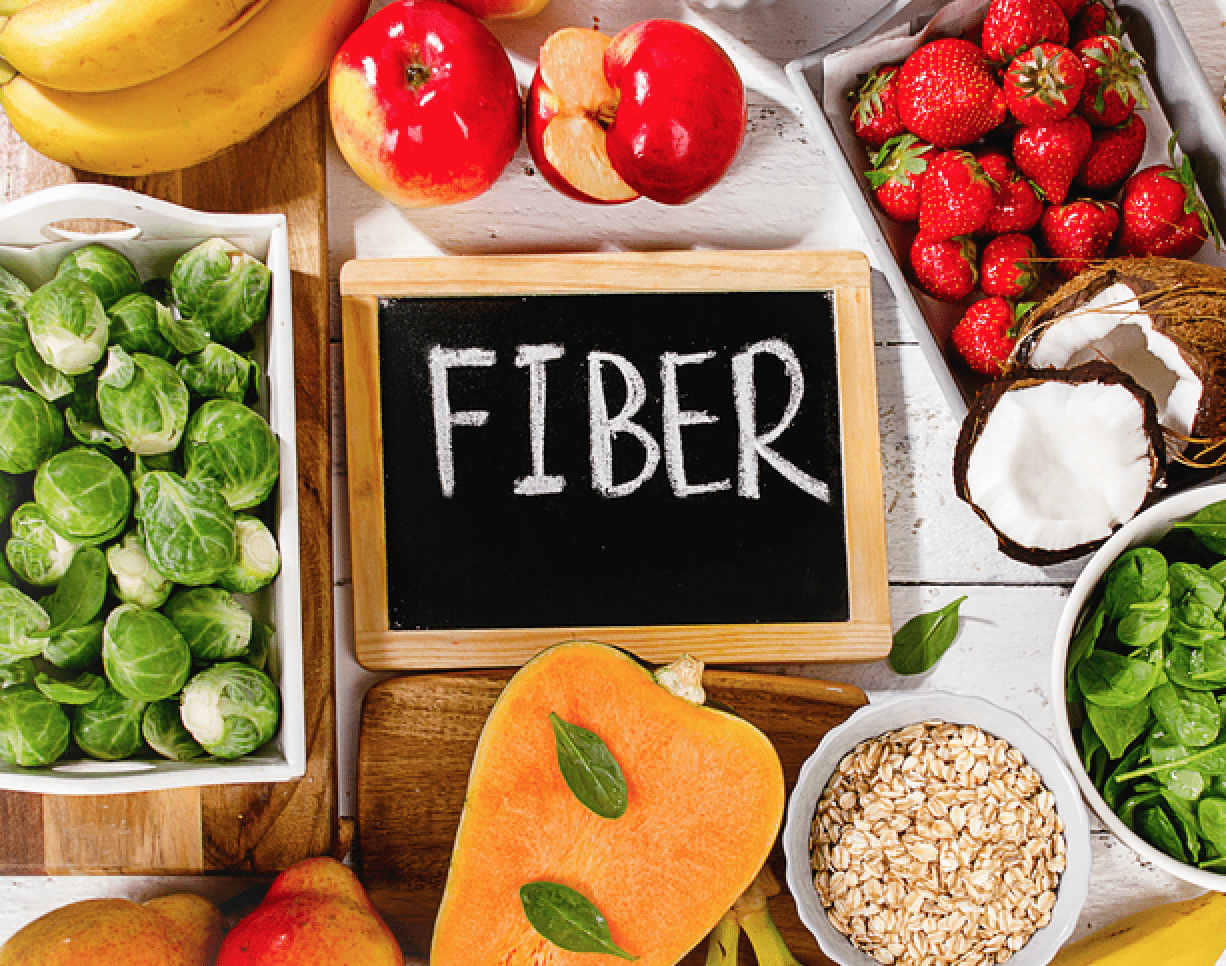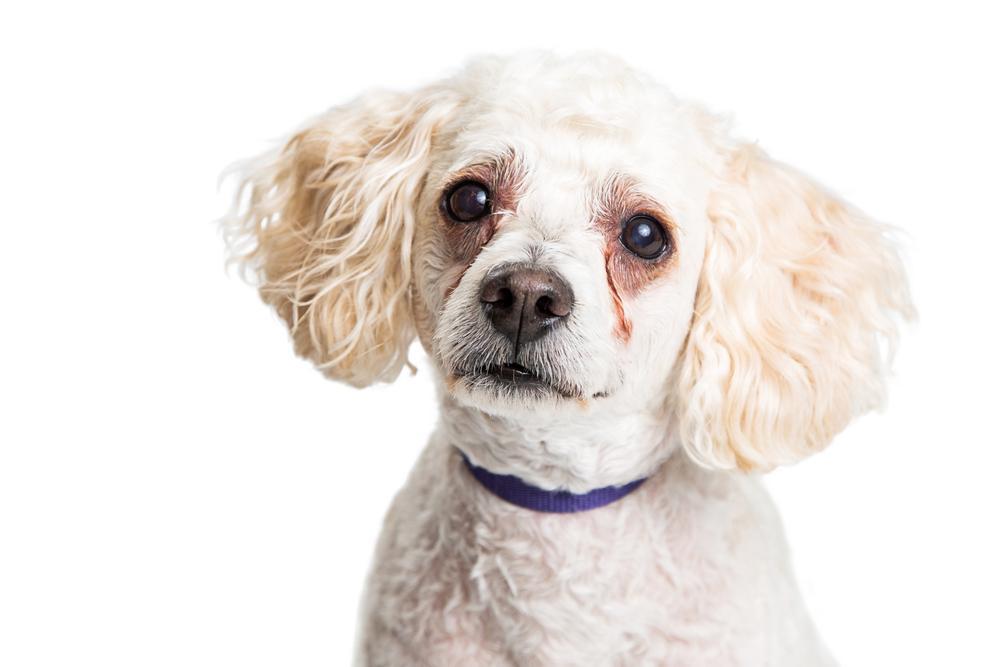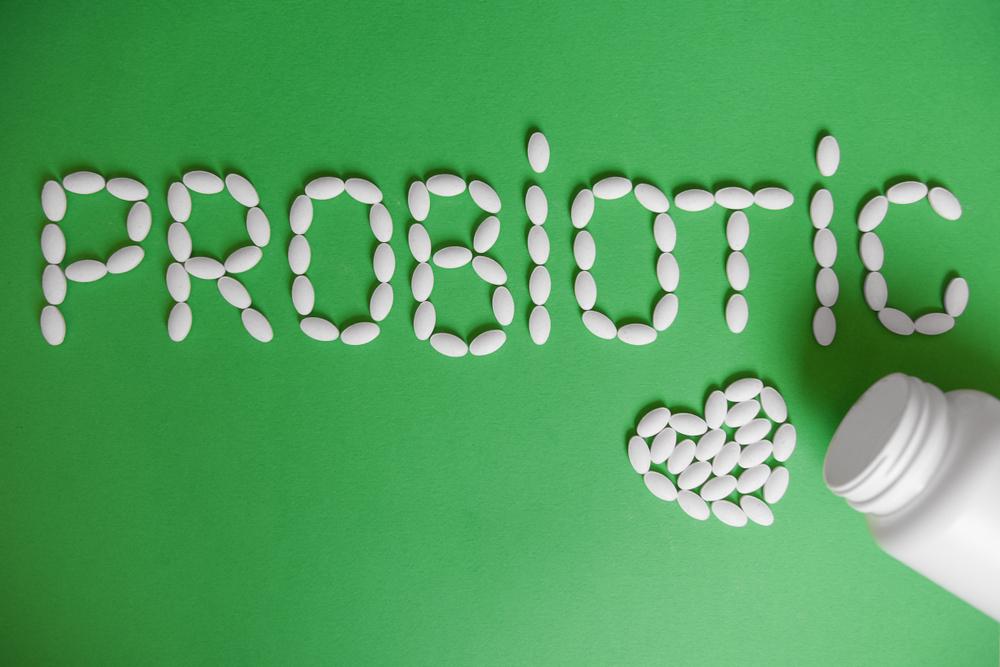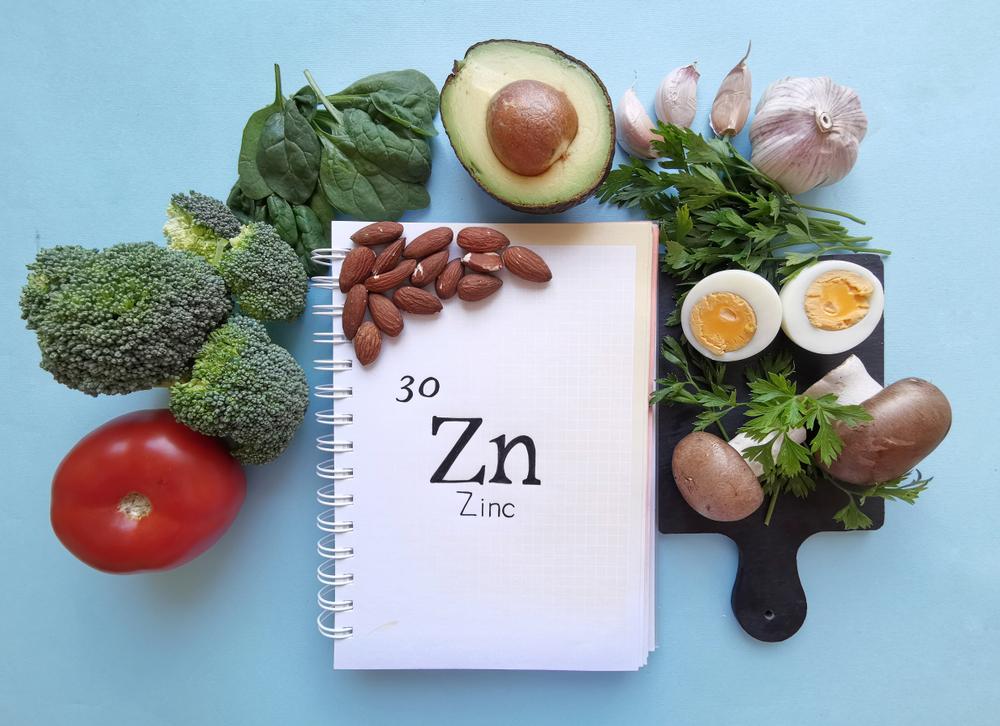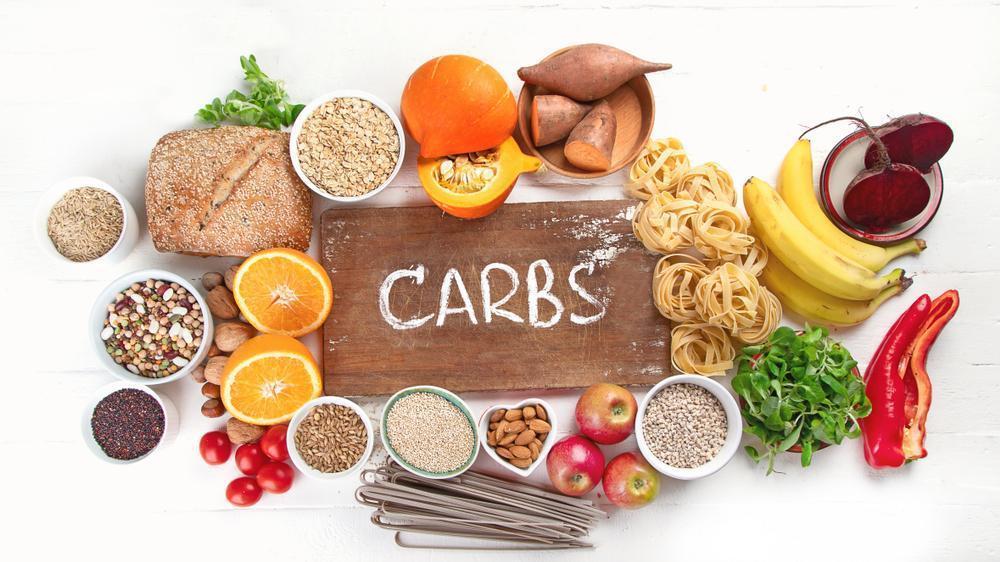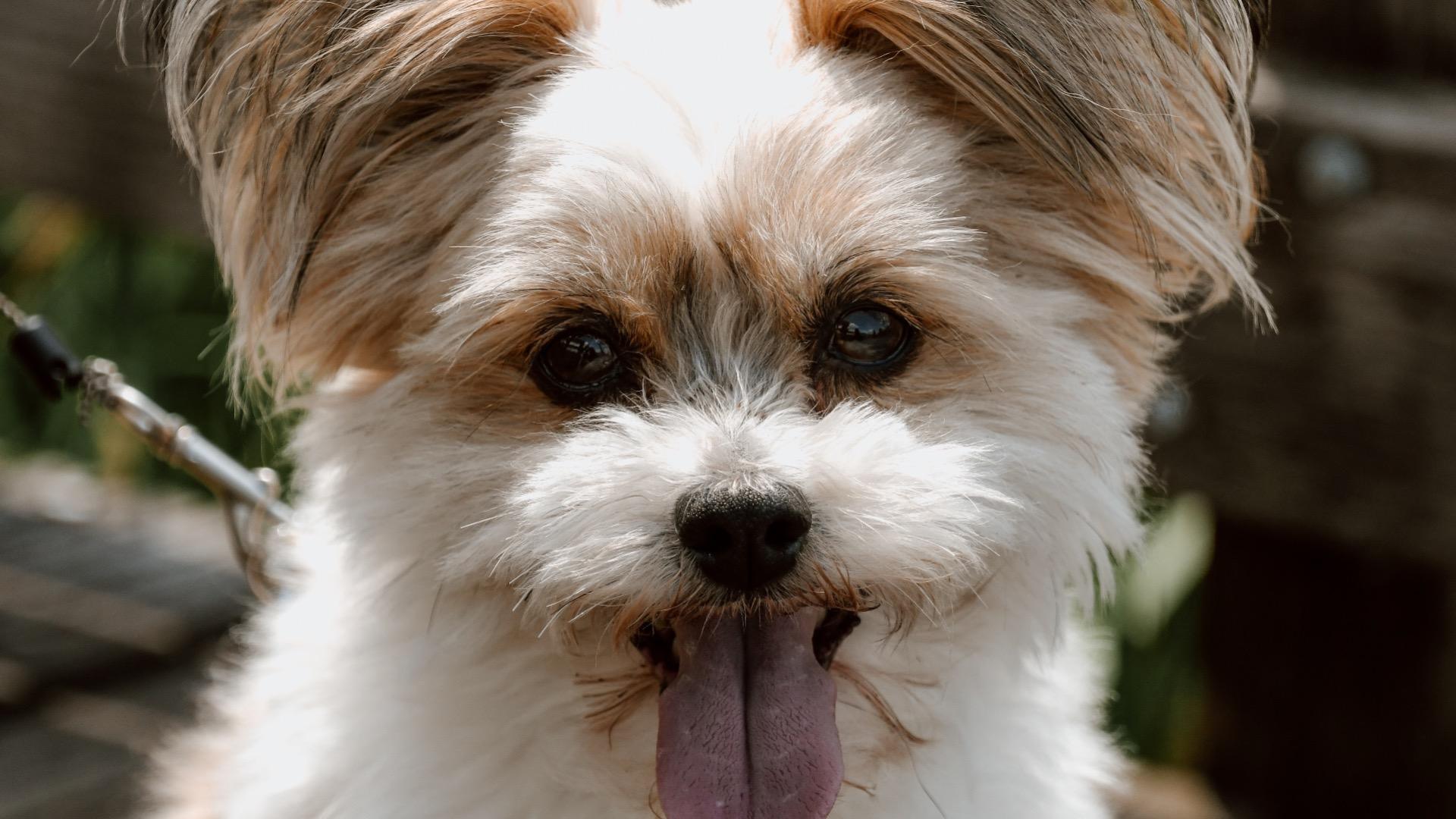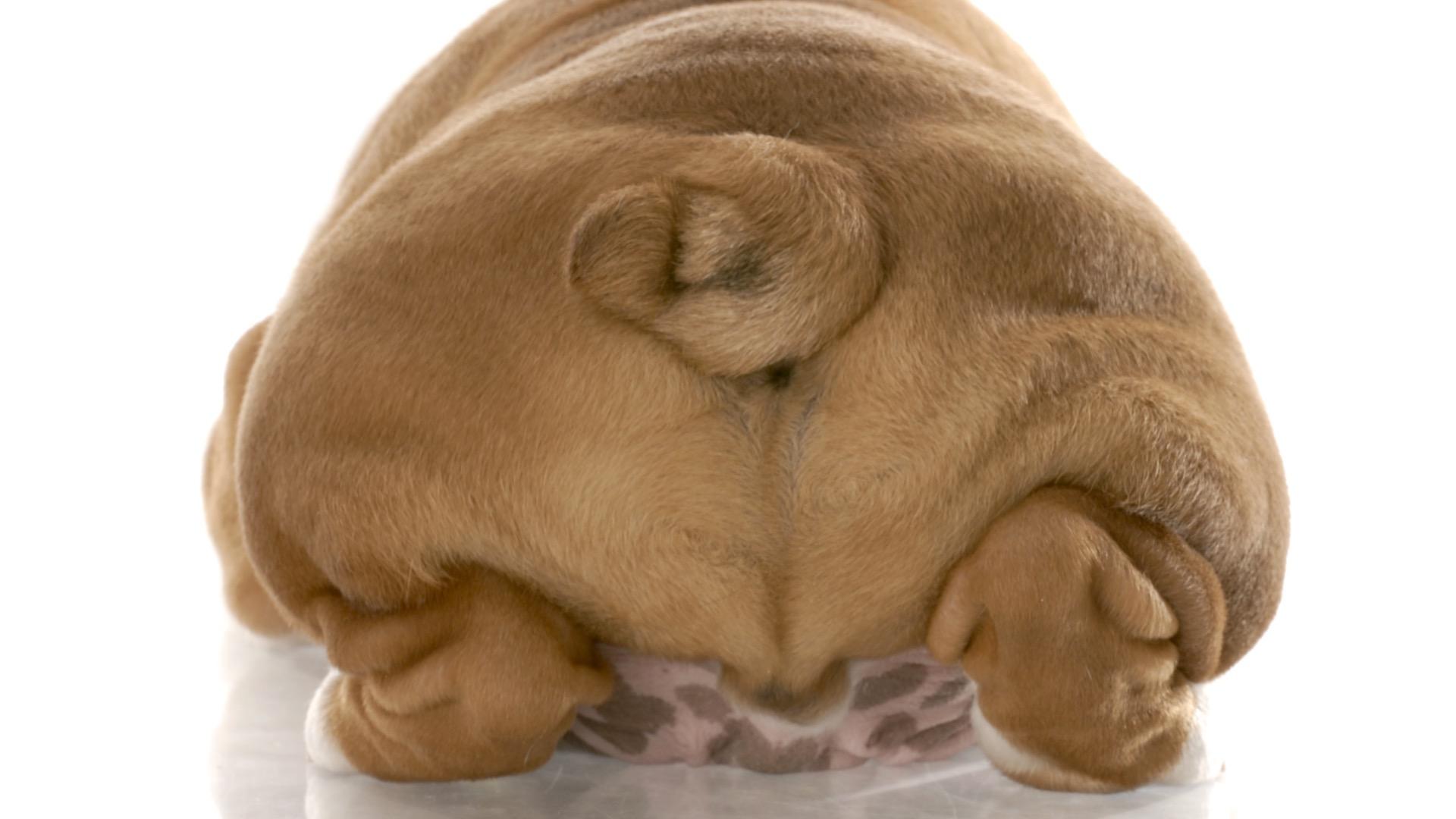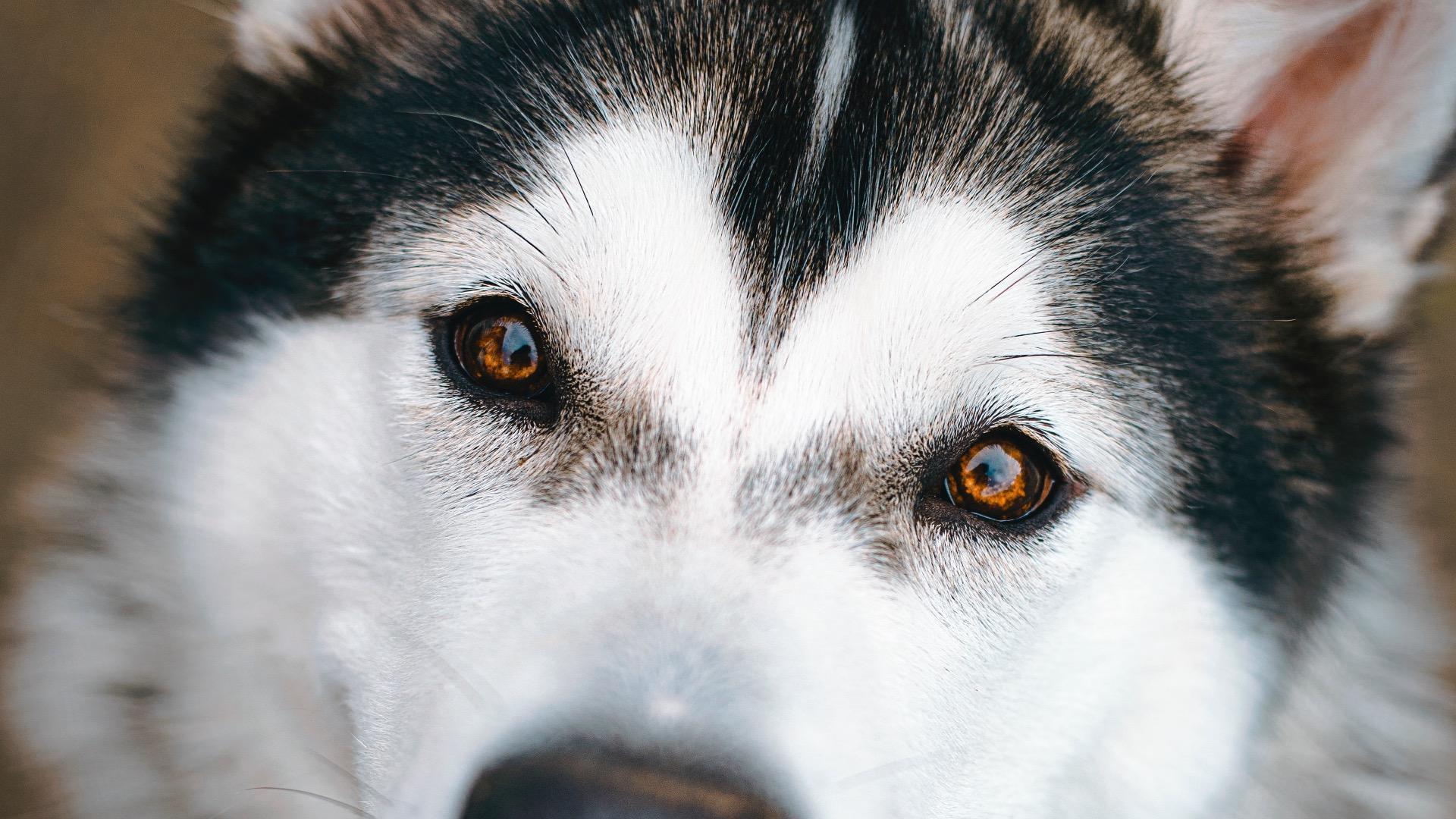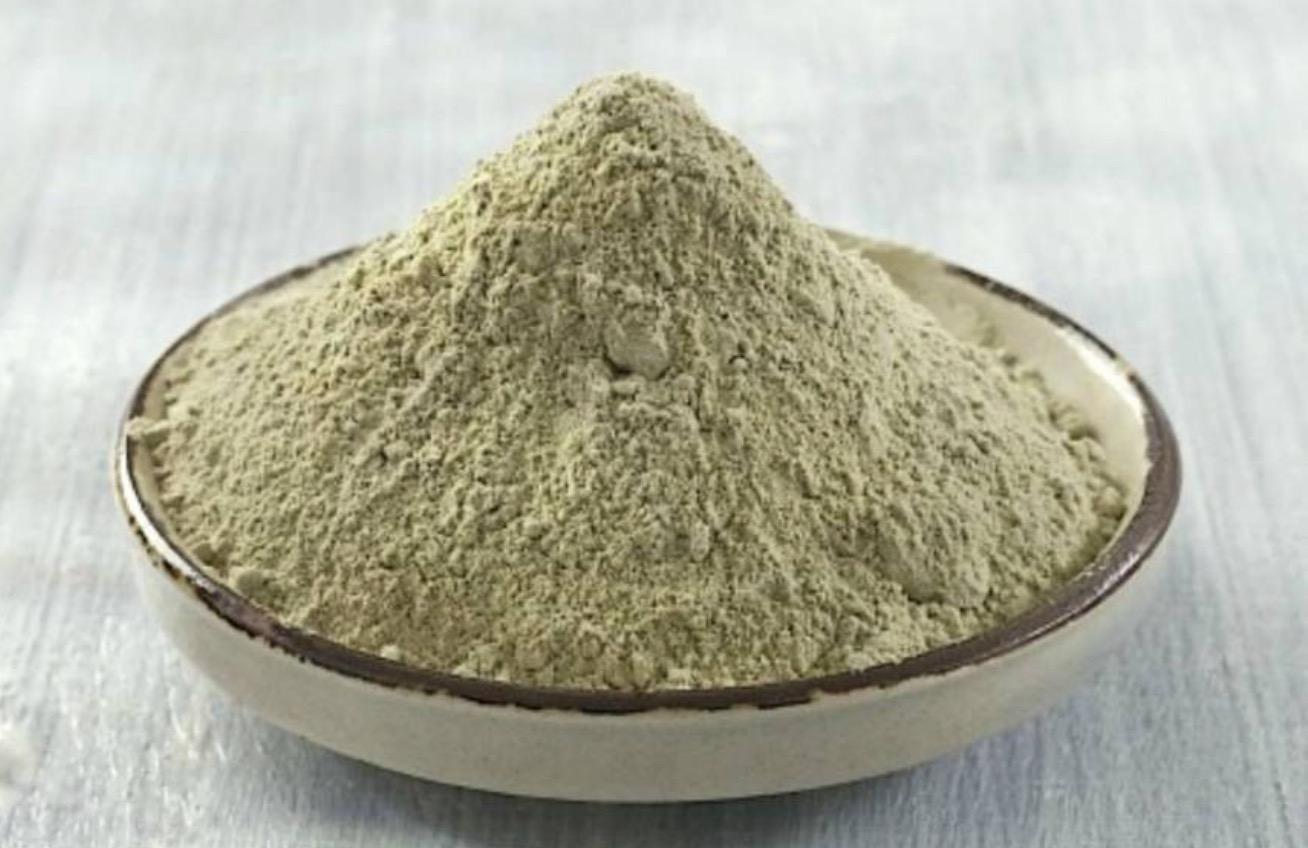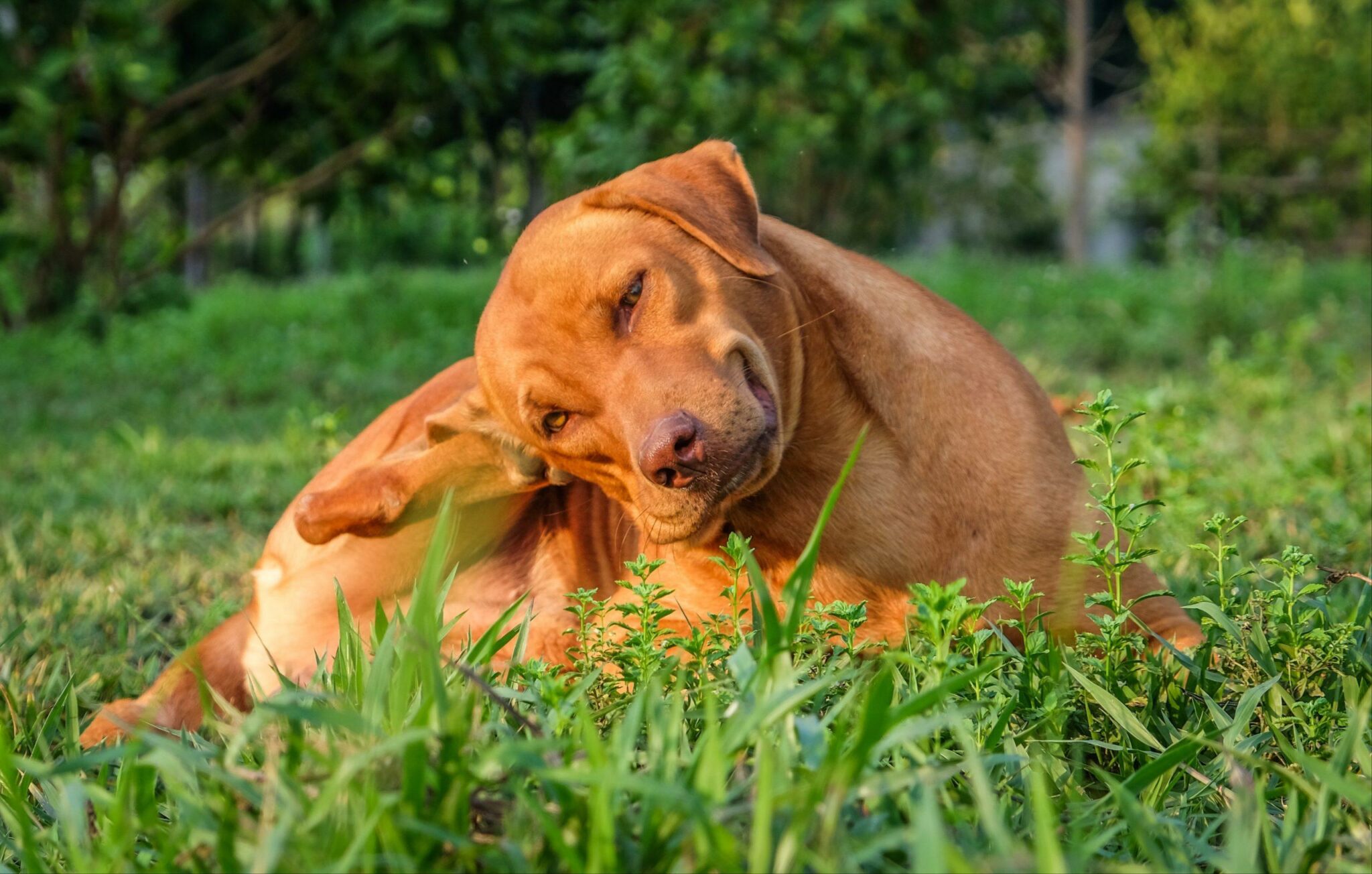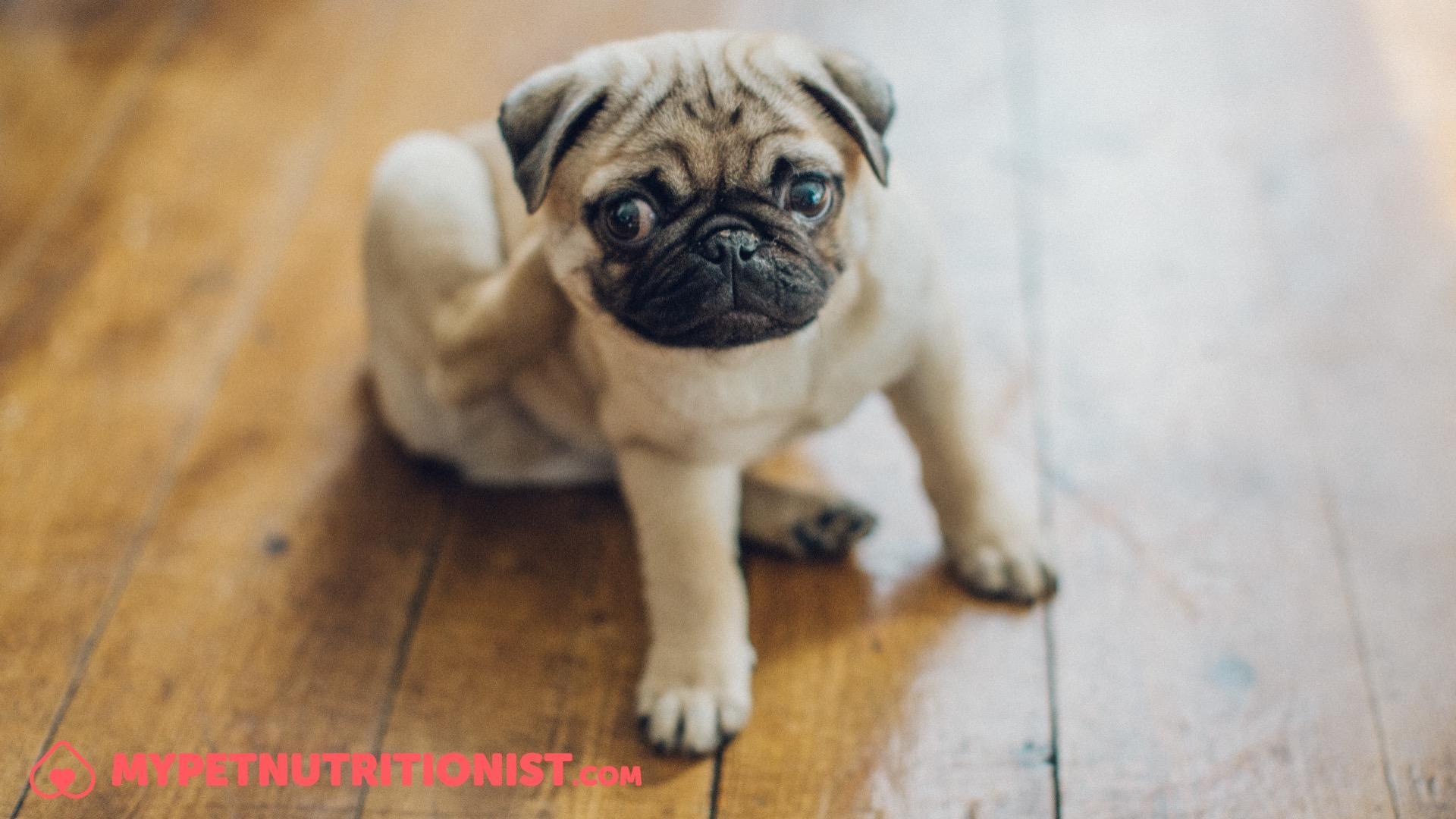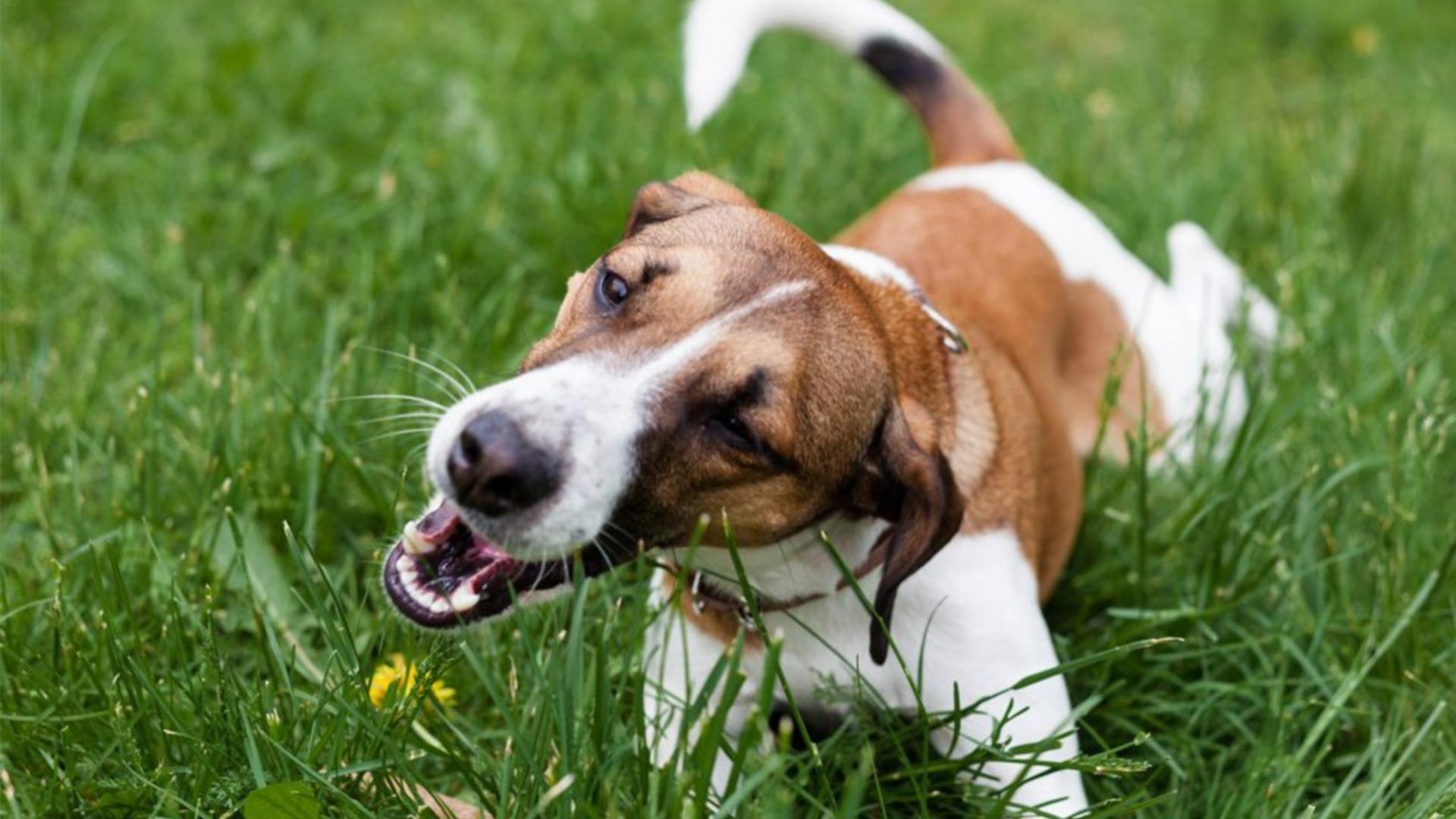Many dog owners ask My Pet Nutritionist, why their dog is eating grass. The truth is, eating things that are not deemed a food, is rather common among dogs and often not a concern and referred to as pica. However, there are certain health related reasons why pets can be prone to eating grass. It’s known as an emetic and helps to purge and rid the body of unwanted substances such as foods. Here are some reasons why your dog may be dining out on grass!
Grass is an emetic
Most of you may be well aware that dogs will sometimes eat large amounts of grass in an attempt to make themselves throw up. After they consume a large amount of grass, they’ll often display some nauseous behaviour and then they’ll vomit. It’s completely normal for your dog to vomit occasionally but if this is a general occurrence then this must be looked into. Dogs are intuitive and selective and know what’s for them best in terms of intentionally ridding their system of something that could be toxic, or making them poorly. In short, a dog may be eating grass due to
illness or eating something unsuitable.
Dogs may eat grass to fulfill a nutritional requirement. This could be to enrich their diet with fibre. On a natural and raw diet, vegetation can add so much fibre, prebiotic and nutritional diversity. This is essential for a good functioning gut and nutritional status. We know that grass contains an abundant source of fibre and since grass is a living green food it contains phytonutrients. It’s high in potassium and also contains chlorophyll that helps aid in cleansing the body.
It could be a way of
easing nausea, gas or digestive issues and disease. Grass has soothing properties that can aid digestive comfort. If you suspect it could be digestive issues and grass eating is also accompanied by other symptoms such as diarrhoea or constipation then get this checked out. I always consider a natural enriched diet that is appropriate for dogs.
They may be suffering from
parasites such as intestinal worms. Plant material may increase intestinal motility and help to eliminate intestinal parasites. Being an emetic this may help expulsion of unwanted parasites via vomiting also.
Its instinctive and enjoyable. Some dogs consider this pastime fun and may eat grass to occupy themselves.
Please note vomiting grass and food on a weekly basis is not within the normal remit. Always consider the quality of the food your feeding and mental stimulation you are providing your dog.
To ensure a happy and healthy dog my recommendation is always to look at
natural, home cooking (researched and balanced), raw diets and
better commercial home style diets, raw diets and raw dehydrated.
Probiotics and prebiotics help repopulate and fortify the beneficial bacteria in your dog’s gut, while digestive enzymes provide what the entrails or the guts of their prey species would provide. These enzymes provide a rich source of amylase, lipase and protease, which can help your pets process food much more successfully.
Chlorophyll in liquid form can help reduce grass eating and provide a slight detoxifying effect that your dog may require. It is full of trace vitamins and minerals and very much mimics the nutrition offered from grass. Wheatgrass is also a wonderful thing to grow in your garden or apartment, for your dog to graze on and obtain the pleasure and benefit from a nibble here and there.
We hope you found this beneficial.
MPN Team x

